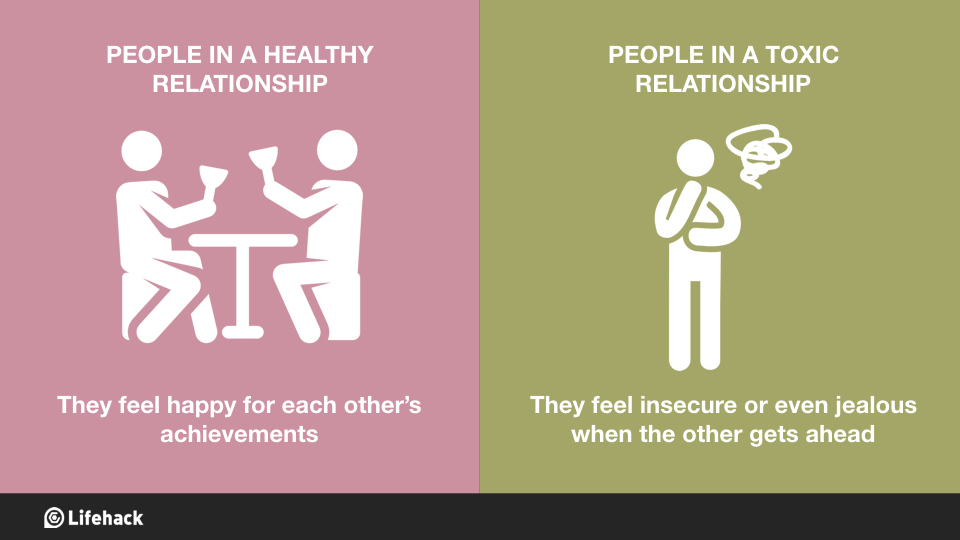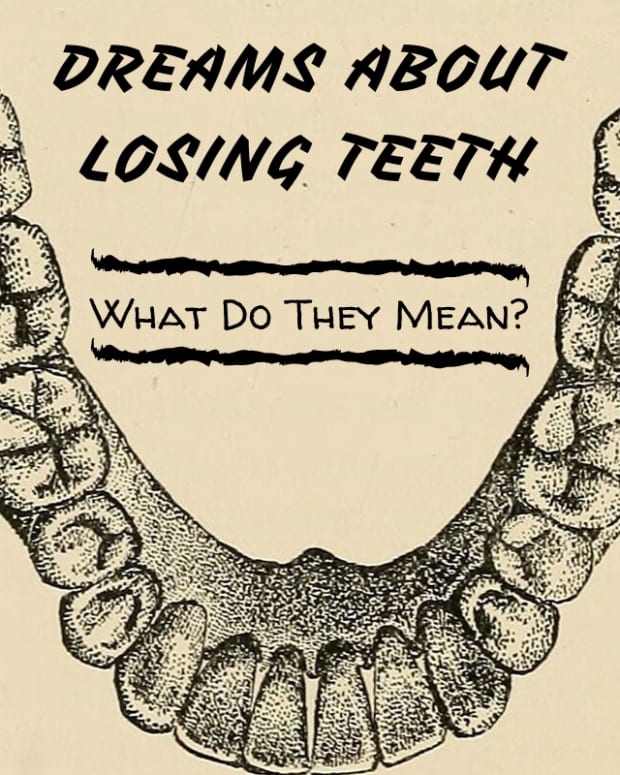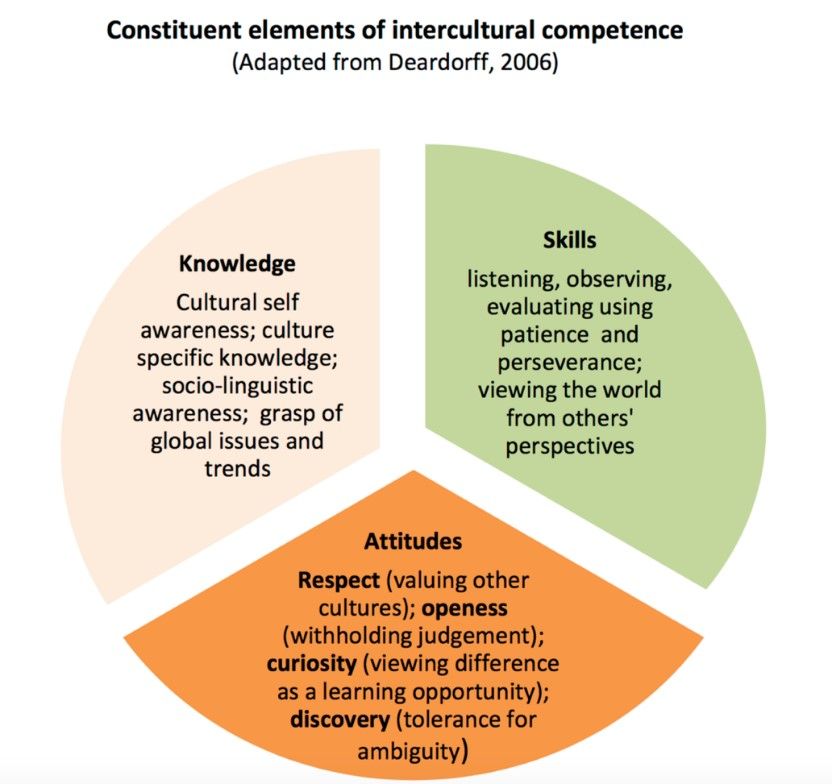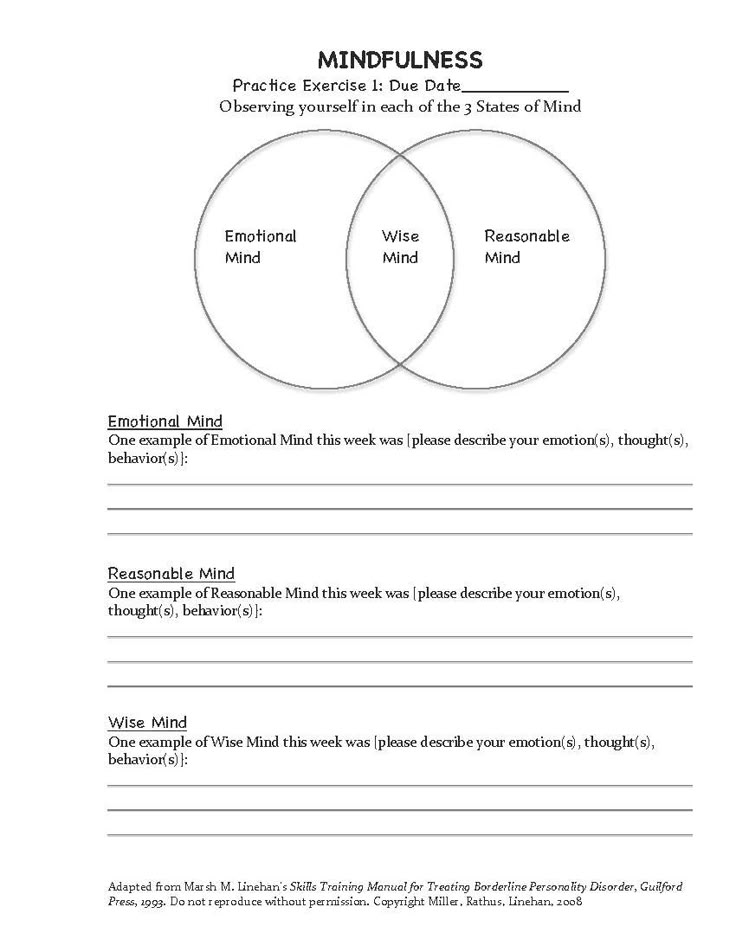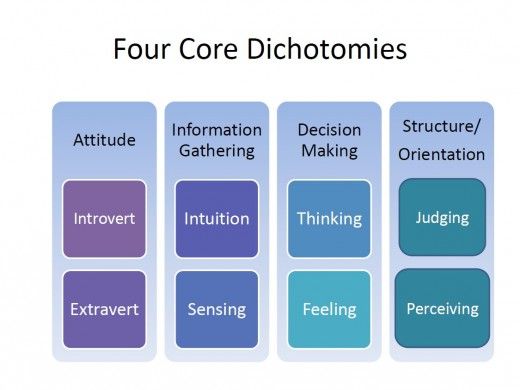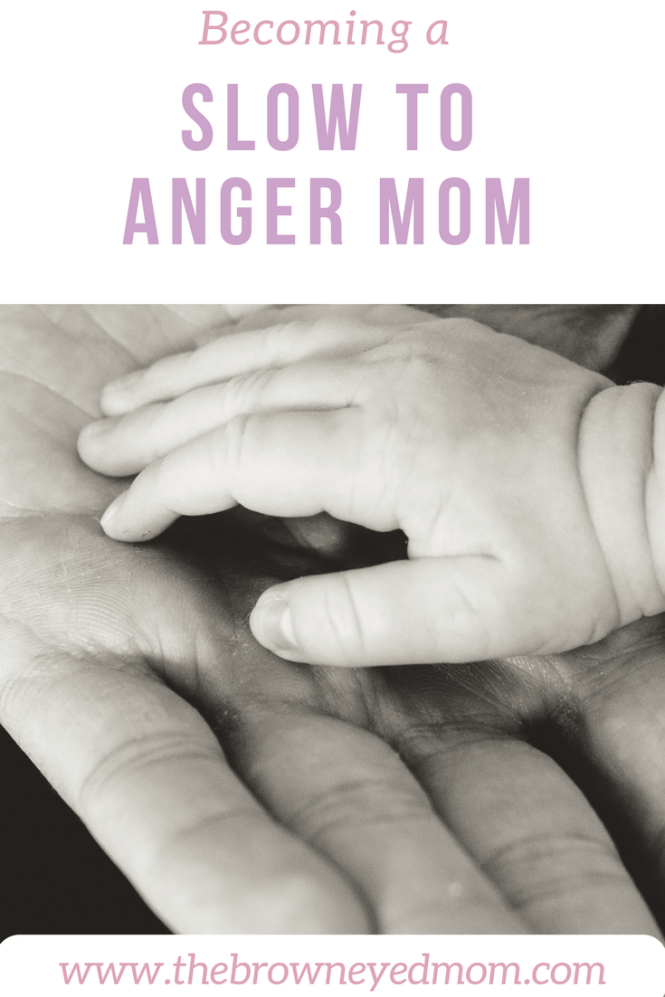Meaning of insecurity in a relationship
How to work on your insecurities in a relationship together
Do you find yourself fishing for compliments? Asking where your partner is going, even though you know the answer? Badgering them for extra attention although you spent the entire day together? Maybe you repeatedly ask your spouse about spending time with a coworker who’s just a friend. All of these things are signs of insecurity in a relationship.
Many people feel jealous and insecure in their relationships, even if they are loved unconditionally by their partner. Whether you’re in a relatively new relationship or a decades-long marriage, here’s everything you need to know about how to stop being insecure in a relationship.
Start feeling confident in your relationship
Get Your Free Relationship Guide
What is relationship insecurity?
Relationship insecurity means you’re unsure and unconfident about your relationship. It’s a deep belief that you just aren’t good enough for your partner, that you don’t deserve love or one of many other limiting beliefs that cause you to feel anxious. You may doubt your own value and have a low sense of self-worth. You may even be living in a state of fear, always worrying about what your partner is doing when they’re not with you.
Insecurities in a relationship often stem from your past, and now you are letting your past control your future. Insecure people don’t always appear that way – in fact, overconfidence and narcissism can actually be signs of deep insecurity. Feelings of insecurity run so deep, we may not even recognize them ourselves, but there are a few key signs.
Signs of insecurities in a relationship
You’re jealousThis is one of the most obvious signs of relationship insecurity. A jealous partner constantly questions their significant other’s true intentions. They spy, become clingy or control your friendships and free time. Jealousy is all-consuming and damaging to every relationship.
You seek attention
Some attention-seeking behaviors are similar to jealousy, like the need for constant reassurance.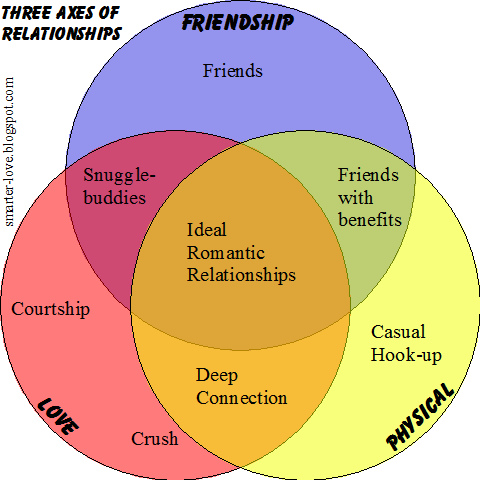 Others are about a fear of being alone, like always having to do everything together. Still others fulfill a need for significance by causing drama or picking fights.
Others are about a fear of being alone, like always having to do everything together. Still others fulfill a need for significance by causing drama or picking fights.
You argue constantly
Every couple argues – the difference is between healthy and unhealthy arguing. Healthy arguing uses productive communication tactics to reach a place of understanding and agreement. Unhealthy arguing stems from lack of trust, unresolved insecurities and even fear that true communication will cause your partner to leave you.
You worry
Insecurities in a relationship don’t always manifest outwardly. Many insecure people keep their feelings bottled up – while deep down inside, they’re constantly worrying that their partner is cheating on them, lying to them or will break up with them at any moment. If this sounds like you, it’s time to ask yourself how to deal with insecurities in a relationship.
You’ve noticed negative effects
Feeling insecure in a relationship doesn’t just affect you.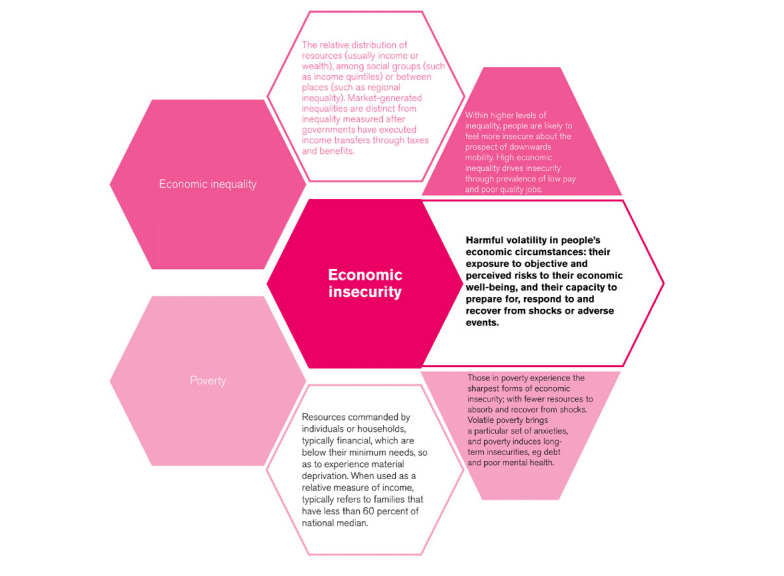 It affects your partner and your overall relationship. Unhealthy arguments lead to complete communication breakdowns that don’t achieve a productive outcome. Insecurity also creates an imbalance in which you are the only one getting your needs met, leading to resentment and anger. It can destroy your relationship entirely.
It affects your partner and your overall relationship. Unhealthy arguments lead to complete communication breakdowns that don’t achieve a productive outcome. Insecurity also creates an imbalance in which you are the only one getting your needs met, leading to resentment and anger. It can destroy your relationship entirely.
Causes of relationship insecurity
It’s tempting to blame feelings of insecurity on outside forces. Maybe you’ve been rejected one too many times. Or your partner really did cheat on you or treat you poorly in the past. Perhaps insecurity in your family relationships has led to a fear of abandonment. These experiences do shape your beliefs, but ultimately, you are in charge of your own emotions – and relationship insecurity is an emotion.
The real root of insecurity is a lack of confidence. We may project an image of confidence, but inside, we feel inadequate and undeserving. And then we sabotage ourselves and our relationships.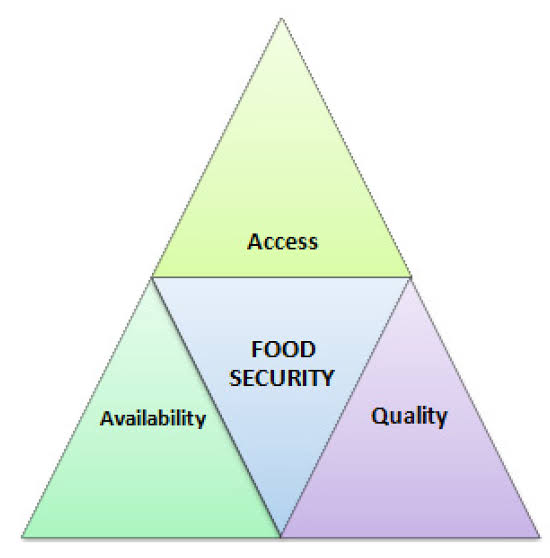 It becomes a negative pattern that we can’t seem to break – but we can.
It becomes a negative pattern that we can’t seem to break – but we can.
How to stop being insecure in a relationship
If you feel insecure, it’s because you haven’t dealt with whatever is putting you in a negative state. This could be that your needs aren’t being met by your relationship, or it could have to do with something outside your union, like a lack of self-confidence or fear of the unknown. The important thing is to get to the root of the problem so you can start feeling confident in your relationship.
1. Start with self-love
The core cause of insecurities in a relationship is often a lack of self-love. If one partner holds on to harmful limiting beliefs, like being afraid of failure or thinking that they don’t deserve love, they won’t be able to trust completely – and trust is the foundation of any relationship. To work on self-love, first identify and overcome your limiting beliefs. Learn to interrupt negative patterns of self-talk. Take steps to build your confidence and turn your life into a journey of discovery, not distrust and suspicion.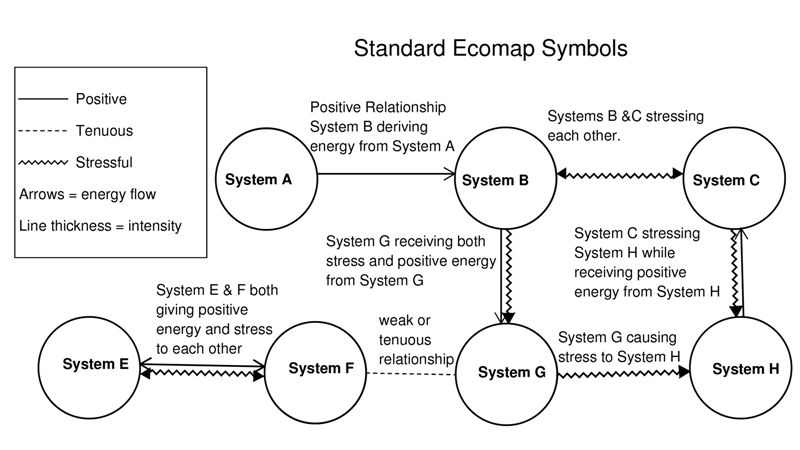
2. Learn to communicate effectively
Communication is key in all areas of life – and that’s especially true if you’re feeling insecure in a relationship. To really discover how to stop being insecure in a relationship, the best thing you can do is effectively communicate with your partner. How does your partner communicate? What’s their communication style? You can talk things over repeatedly, but unless you’re truly connecting with your partner on their level, it will be challenging to resolve lingering issues.
3. Meet each other’s needs
Feeling insecure in a relationship is often a symptom that certain needs aren’t being met. There are six basic human needs that affect every single person on the planet. We all strive to feel certain that we can avoid pain and gain pleasure; we crave variety in life; we want to feel significant; connection to others is essential and growth and contribution help us find fulfillment.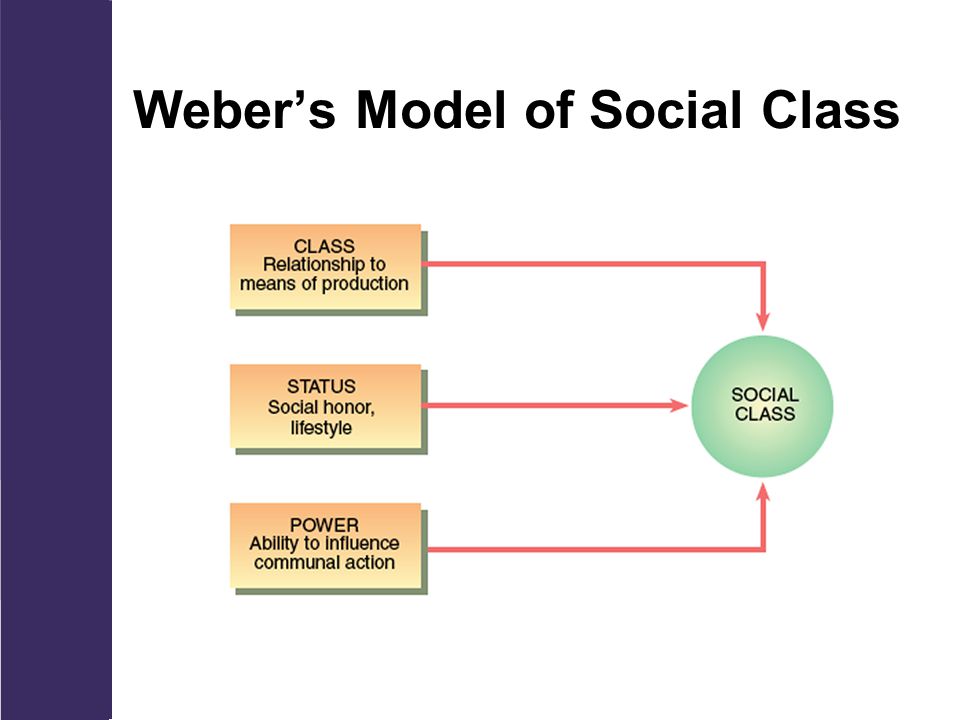 Each person ranks these needs in a different way. Which one is most important to you? Is your relationship helping to fulfill this need? If not, how can you improve the relationship to feel more loved and supported?
Each person ranks these needs in a different way. Which one is most important to you? Is your relationship helping to fulfill this need? If not, how can you improve the relationship to feel more loved and supported?
4. Balance your polarity
In every relationship there is one partner with a masculine energy and another with feminine energy. These energies don’t have to align with genders, but opposing forces need to be present in order to find romantic harmony. This concept is called polarity. If you’re feeling insecure in a relationship, you and your partner may not be in balance. If both partners take on masculine or feminine traits, it can cause insecurities to arise. Look at how your roles have changed over time. How can you restore polarity and banish insecurity?
5. Act like you’re a new couple
When you start dating someone new, the energy is electrifying. You want to learn everything about your partner and be physically close to them whenever possible. Over time, this spark fades. As you become better acquainted with your partner, the fireworks you first felt start to fizzle. You become comfortable in your habits and stop needing to impress. Insecurities in a relationship can surface when your partner feels that you’re no longer making an effort or that your attraction is fading. Bring back the passion in your relationship and act like you did when you started dating. Compliment your partner. Plan surprising dates. Write them love notes. These small acts can reignite the passion and squash insecurities.
As you become better acquainted with your partner, the fireworks you first felt start to fizzle. You become comfortable in your habits and stop needing to impress. Insecurities in a relationship can surface when your partner feels that you’re no longer making an effort or that your attraction is fading. Bring back the passion in your relationship and act like you did when you started dating. Compliment your partner. Plan surprising dates. Write them love notes. These small acts can reignite the passion and squash insecurities.
6. Create new stories
Mistakes are made in even the happiest relationships, but sustainable relationships are able to leave those mistakes in the past. What are you and your partner dealing with? No matter if you’ve previously fought over finances or flirtations, if you’re deciding to move forward as a couple then it’s time to leave those old stories behind. Instead of insisting that your partner always does something that irritates you, shift your mindset. Accept your partner for who they are and decide to create a beautiful new story together instead of reliving past pain, and you’ll learn how to stop being insecure in a relationship.
Accept your partner for who they are and decide to create a beautiful new story together instead of reliving past pain, and you’ll learn how to stop being insecure in a relationship.
7. Stop overanalyzing
What does insecure mean? It has nothing to do with outside forces. All of your insecurities in a relationship start in your own head. Your thoughts affect your emotions, and your emotions affect your actions. When you let anxious thoughts spiral out of control, that’s when you lash out at your partner, become defensive or shut down. Stop these feelings before they start by learning to control your emotions. Keep your partner’s actions in perspective – everyone talks to the opposite sex, wants to go out with their friends and needs alone time once in a while. This doesn’t reflect badly on you. It means you’re in a normal, healthy relationship!
Ready to achieve the healthy relationship you deserve?
Tony Robbins Date with Destiny will help you uncover and overcome your limiting beliefs and see relationships in a whole new way.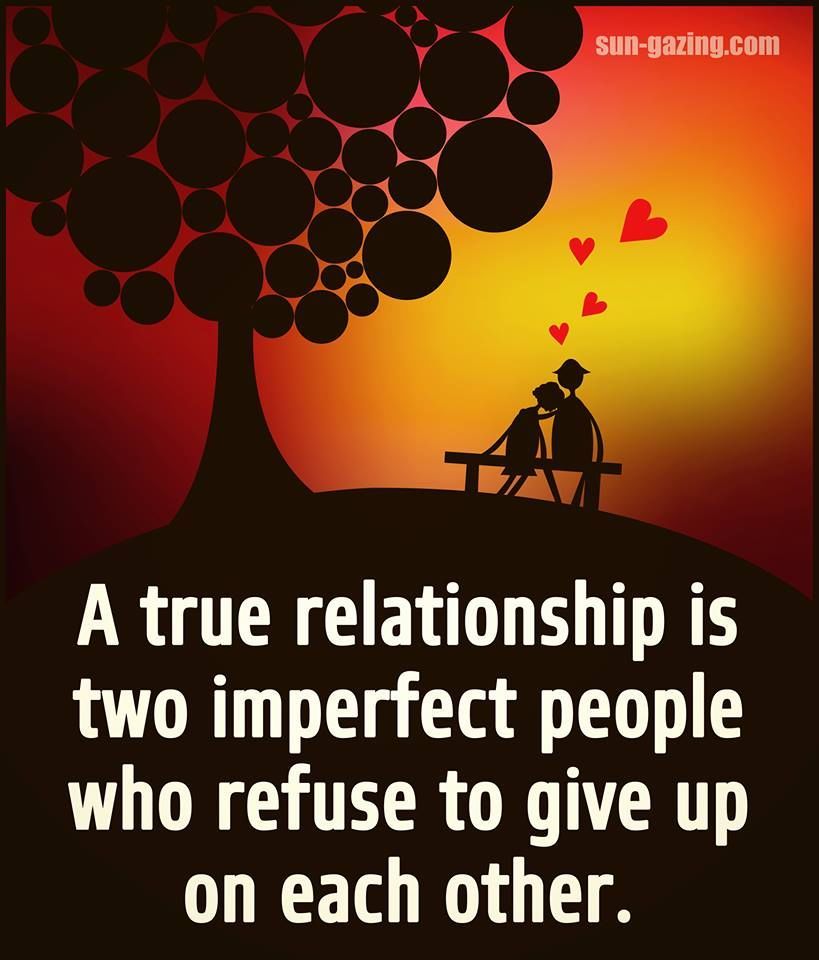
Sign Up Now
This website uses cookies to personalize your experience and target advertising.. By continuing to use our website, you accept the terms of our updated policies
16 Signs of Insecurity in Relationships
In This Article
Both partners should feel loved, respected, and secure in a relationship. This holy grail of healthy relationship characteristics is torn apart when there is severe insecurity in the relationship.
Ranging from jealousy to controlling behavior, relationship insecurity can manifest itself in many destructive ways. Your insecurities in marriage may or may not be warranted, but they create unhealthy behaviors regardless of your reasoning.
Insecurity in relationships can lead to the end of it.
What’s concerning is that such insecurity can also manifest into health problems later on, as studies have found.
How do you define insecurity in a relationship?How do you define relationship insecurity?
The insecure meaning in a relationship means that a person is anxious, unsure, and not confident.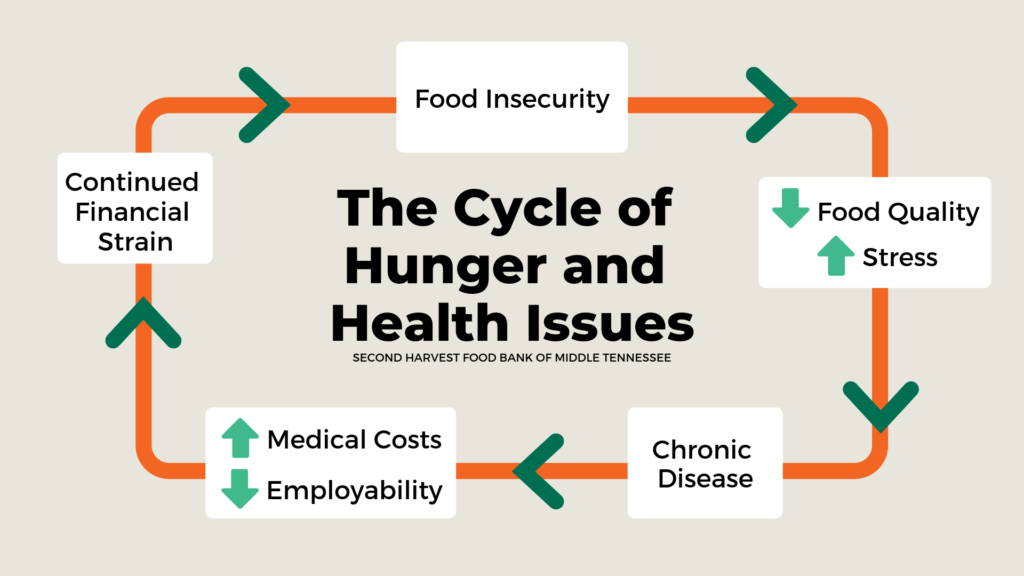
It may not be evident at first, but you manifest signs of insecurity as you go deeper into your relationship.
We can describe it as a lingering thought and belief that you are not good enough for your partner. You may start getting intrusive thoughts that your partner, who you love the most, may find someone better than you.
Being insecure in a relationship can be addicting. The more you entertain the thoughts, the bigger the insecurity becomes.
Contrary to what we expect, insecure people don’t present themselves as weak people. There can be times when they mask their insecurities with overconfidence and even narcissism. One day, you realize that the once happy union you share with your partner is now filled with negative emotions.
Insecurity in relationships can turn a healthy relationship into a toxic one.
What causes a person to feel insecure in the relationship?When you enter a new relationship, it’s filled with passionate love and high emotions.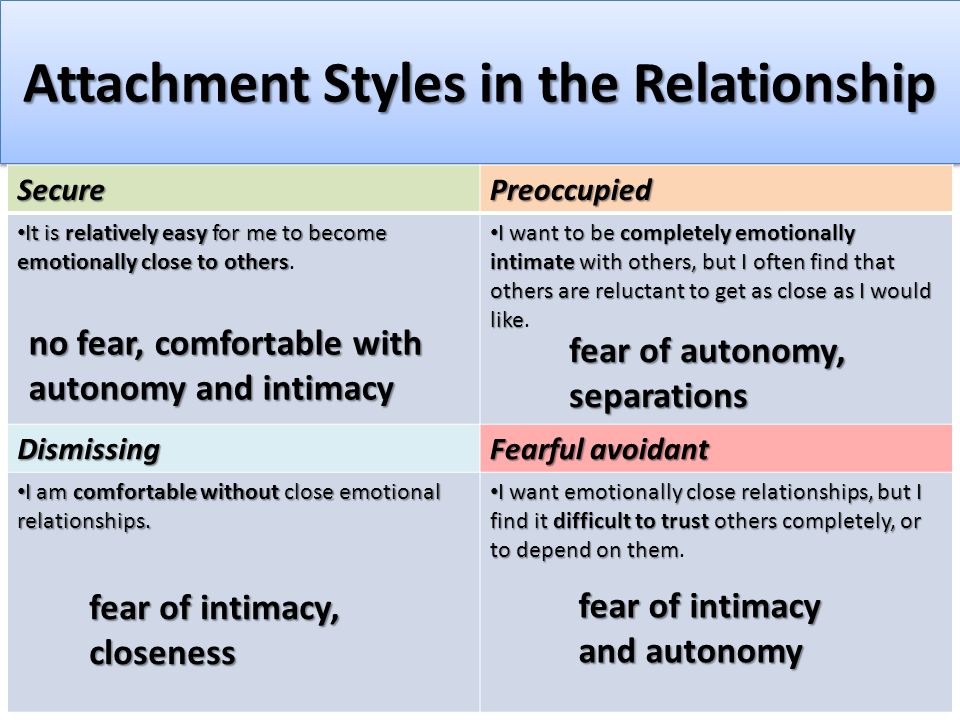 Even for those who have a troubled past, new love and relationships seem like hope.
Even for those who have a troubled past, new love and relationships seem like hope.
But what happens when symptoms of insecurity manifest? What causes an excellent relationship to turn sour and be filled with doubts?
Insecurities show up when we encounter triggers.
You may have seen how your partner befriends people of the opposite sex, or you may have seen a random text from a friend you don’t know.
Insecurities can also be caused by comparing yourself with your partner’s exes or feeling inferior to your partner’s achievements.
Many triggers can ruin the trust, and insecurity finally sets in.
Related Reading: Dealing with the Insecurity from Your Partner’s Professional RelationshipsWhere do relationship insecurities come from?
No one wants to be insecure in love. But have you ever wondered where insecurity in relationships comes from?
What makes someone insecure in a relationship and feel haunted by endless doubts, jealousy, and hurt?
Some insecurities stem from a painful past.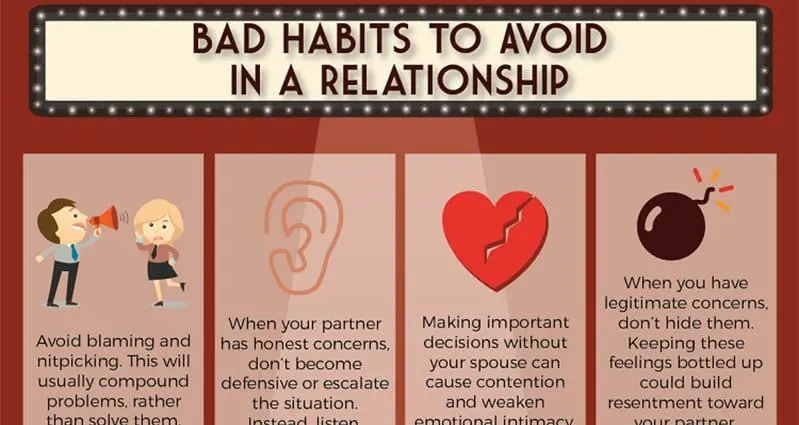 It could be by a parent who never gave us love, a goal that we failed to achieve, or unrequited love or abuse.
It could be by a parent who never gave us love, a goal that we failed to achieve, or unrequited love or abuse.
Insecurity roots in a lack of self-esteem.
Some people fake their confidence and trust, but later on, insecurities in a relationship manifest.
We may not even realize that our lack of self-love and self-esteem can drag our romantic relationship down.
What are examples of insecurity in a relationship?Insecurity in relationships is common. There will be times when you need reassurance from your partner.
But when insecurity becomes too much that it disrupts your relationship and daily lives, that’s already a red flag of a toxic relationship.
Here is one of the most common insecurities in a relationship that will serve as insecurities examples for all of us.
You feel your partner is a flirt and that this person is not loyal to you. When your partner is late and lets you know they have a meeting, you secretly think he’s lying.
What happens when your brain gives you ideas like this?
You tell yourself how not to be insecure, but your mind is racing, trying to uncover the truth about the “overtime” reason that your partner gave you.
Soon, you realize that you’re stalking his social media, texting his co-workers and friends to see if he’s telling the truth, and spend hours thinking about what lies he told you and what he is doing.
Who’s having a hard time with this situation? That’s right, it is you.
It’s the start of the insecurity you have tried hiding for a long time. If you start feeling insecure in a relationship, it would be hard for you to go back.
Is feeling insecurity normal in a relationship?Insecurity in relationships is indeed common.
No matter how long you’ve been together or how much you love each other, there will be times when you need to hear your partner’s assurance.
This happens when we become too busy or feel that we’re not appealing enough, and that’s okay.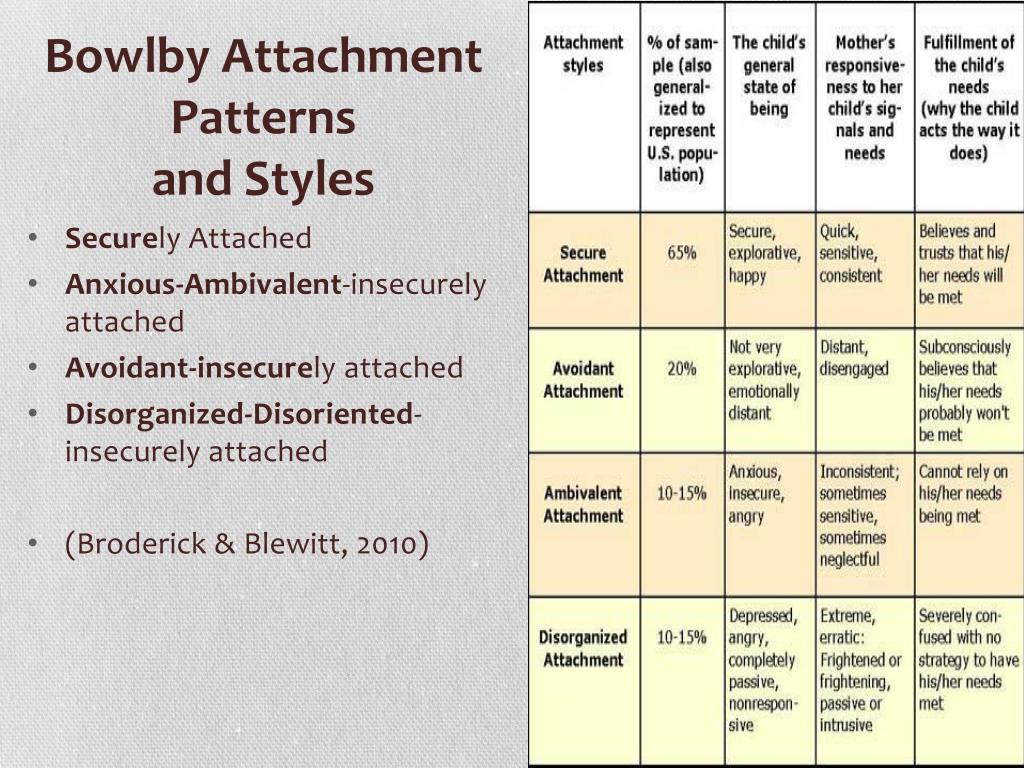
Reassuring our partners is one way of strengthening the relationships.
However, if this need becomes an obsession, then that’s the time when insecurity in your relationship has become unhealthy and toxic.
If you don’t recognize the signs of insecurity in a relationship with it, it can slowly ruin your relationship and love.
Related Reading: Why Am I So Insecure? 20 Ways to Feel Secure From Within16 Signs of insecurities in a relationship
Now that you are aware of the effects of insecurity in a relationship, it’s time to move on and understand the signs someone is insecure in their relationship.
Read through and see if you possess some of the characteristics of a person who is unsure of their partner’s love and loyalty.
1. Fear of losing your partnerOne sign that you feel insecure in a relationship is the constant fear of losing your mate. Relationship insecurities make you feel like you aren’t worth someone’s time.
So you find yourself obsessing over whether your mate likes you, enjoys sex, is attracted to you, finds you annoying, or wants to leave you for someone else. This fear seems warranted when you have been through a rough patch with your partner where perhaps they did lose your trust.
It was found in a study of couples seeking marital therapy that romantic attachment insecurity was a predictor of sexual dissatisfaction.
Without trust, a relationship is doomed. If you are genuinely concerned that you will not be able to trust your mate, you should not be together. If you are insecure in love, is it worth it? Trust is the foundation for a healthy relationship.
Marie Forleo, named by Oprah as a thought leader, talks about how to forgive someone who has broken your heart. Should it be given or not?
2.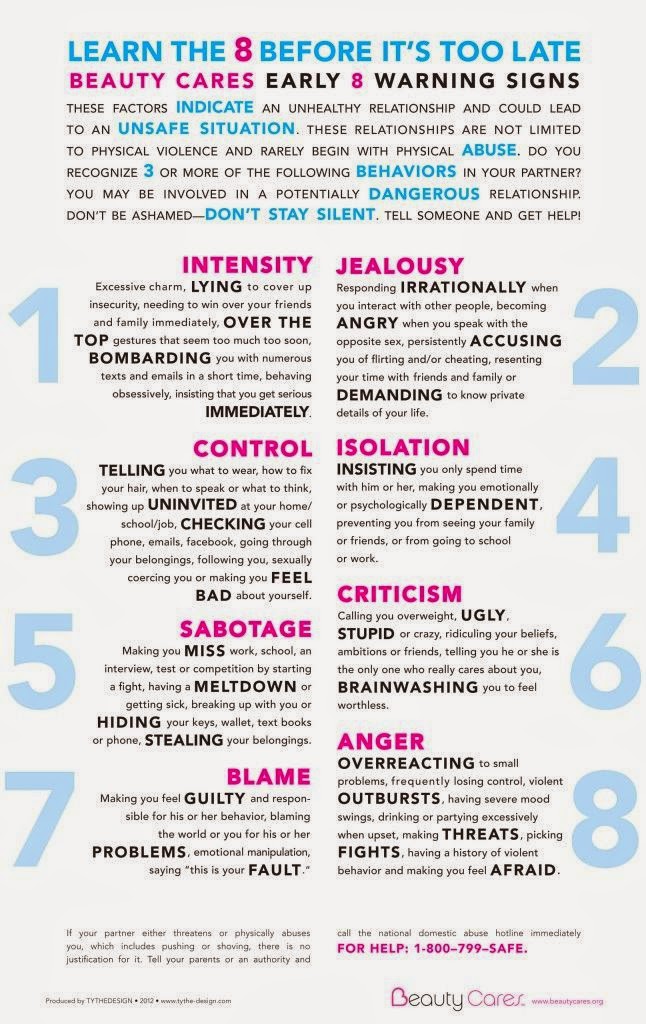 Consuming jealousy
Consuming jealousyThere is a certain level of jealousy in a relationship that is considered healthy. After all, you are in a committed relationship, and you don’t want someone else breaking what you have built. But, there is a point where this healthy jealousy turns into consuming insecurity. Common signs of jealousy include:
Spying on your mate
Constantly questioning your partner’s whereabouts
3. NegativityControlling behavior, such as demanding friendships to be ended because they make you uncomfortable
Getting too close or clingy with your mate
Spite and pettiness, such as making a new friend or flirting with someone else just to make your mate jealous
Jealousy is extremely difficult to overcome, but not impossibly so. This sneaky emotion seems entirely justified while you are in the moment, but it is not worth ruining a great relationship over. Practice learning to let go of particular hang-ups and build trust in a relationship.
One sign that you are insecure in marriage is if you demand access to your spouse’s electronic devices such as phone, tablet, or social media accounts. You may be paranoid, wondering if your mate has naughty apps or carries on inappropriate conversations in private messages. Still, you should not be policing them, hoping that you’re saving your relationship.
It seems a little scary at first but acknowledging that you cannot change your partner’s actions by monitoring them like a security guard can give you a sense of peace. In the end, you either trust your mate, or you don’t.
5. You constantly check social mediaEven if you have your partner’s passwords for their e-mail or access to their phone, your insecurities still can’t be silenced. Instead of going straight to your mate’s device, you obsessively check their social media.
You may even google your spouse’s name or constantly check up on their exes via social media.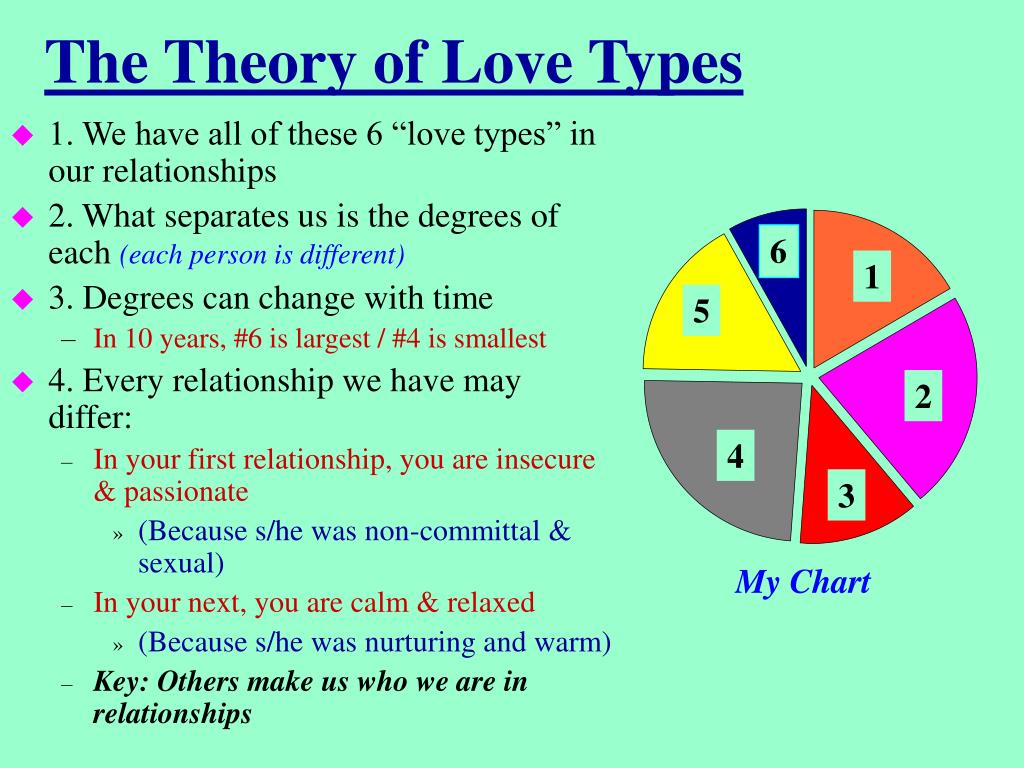 This can lead to unhealthy arguments and deeper insecurities.
This can lead to unhealthy arguments and deeper insecurities.
Social media is a notorious relationship killer, so there’s a reason to doubt the ease with which infidelity can happen over networking sites. The American Academy of Matrimonial Lawyers reports that one-third of divorce filings contain “Facebook.”
According to a survey by Divorce-Online UK, approximately one in three divorces result from disagreements related to social media.
That said, being consumed by every new ‘like’ on your mate’s photos or keenly aware of anyone having conversations with them is no way to live.
Related Reading: The Harsh Truth About Social Media and Relationships’ Codependency6. Paranoia and disbelief as to your partner’s whereabouts
The constant questioning of your partner’s whereabouts and intentions can be tiring for both parties and weaken your relationship. Unfortunately, the hardest possible thing to do when you are insecure is to trust your mate.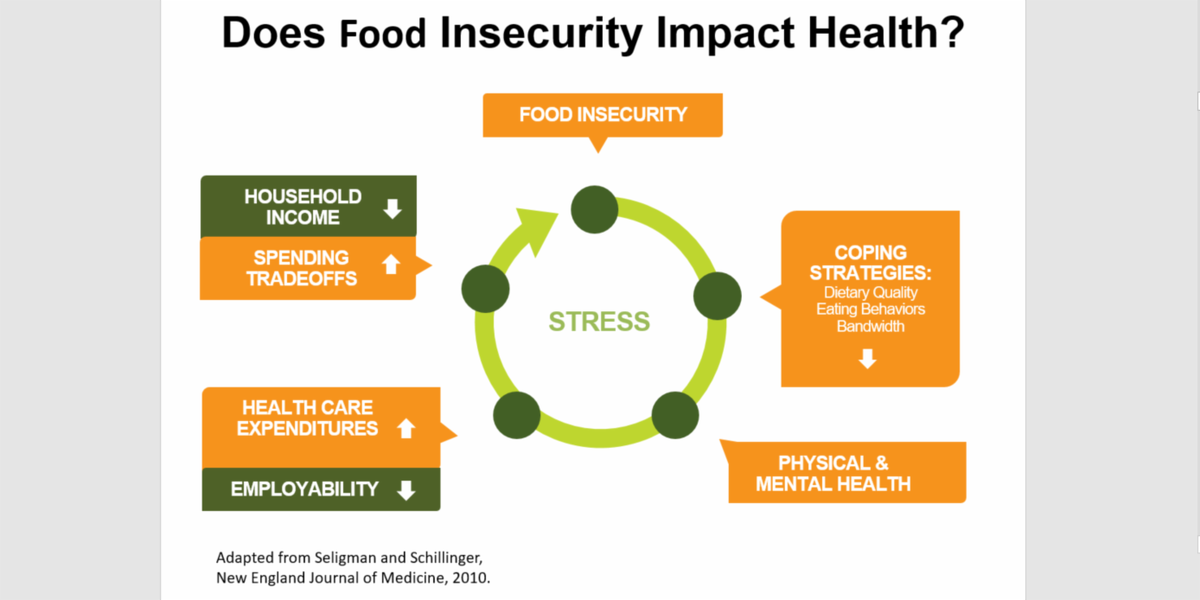
The next time you get into an argument with your partner about their actual whereabouts, try and remind yourself that if your mate has never given you a reason to doubt them, stop doing so. This is one of the signs of an insecure man in love, and insecure husbands tend to display this behavior more than wives.
Related Reading: When You Live With An Insecure Husband7. The need for constant reassurance
Am I attractive? Do you love me? Do you want to be with me? Are you being faithful? Why do you like me anyway?
These are all questions that are spurred on by insecurities. If you are insecure with yourself, you may find you are constantly requesting reassurance from your spouse for validation.
Excessive reassurance seeking by a partner can indicate depression caused by attachment anxiety. Have a look at what this study found in this regard.
Some reassurance from your partner is expected to make you feel special in your relationship, but it should not consume your conversations.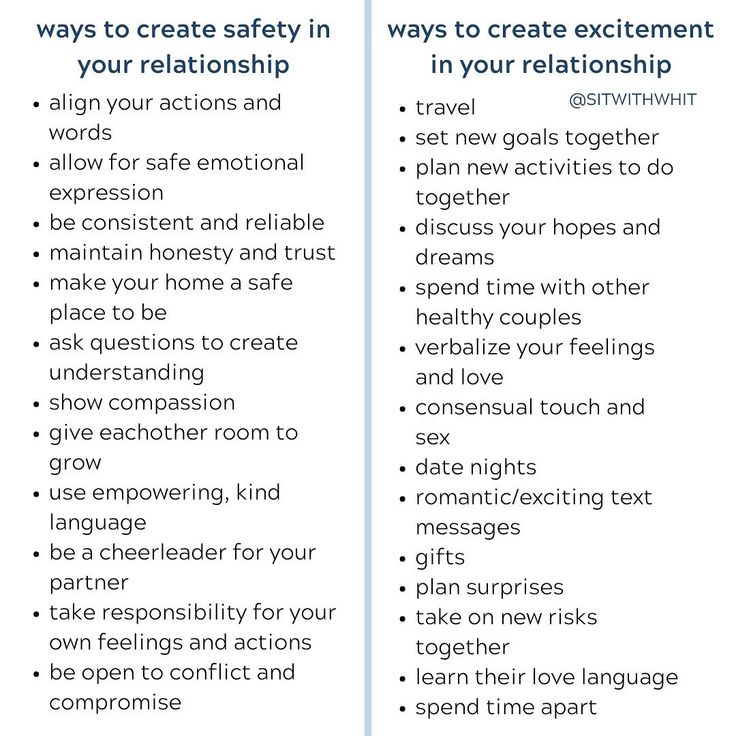 If you feel depressed or need frequent reassurance, you may consider counseling a fantastic way to get to know yourself better and learn to love who you are.
If you feel depressed or need frequent reassurance, you may consider counseling a fantastic way to get to know yourself better and learn to love who you are.
If you are insecure in your relationship, being left alone is your worst nightmare. The silence is haunting. You would rather be anywhere but left to think. This fear of being alone can also lead you to stay in an unhealthy relationship that does not deserve your time or attention.
Seek counseling or confide in a friend or family member who can give you an outside perspective of why it is better to be on your own and learn to love yourself rather than stay in a toxic relationship.
9. You avoid confrontationWhen dealing with insecurity in your relationship, you might avoid confrontation like the plague, even when warranted. This is because you fear that your mate will leave you at the slightest sign of opposition.
If you want to pursue a healthy relationship, you must practice honest communication.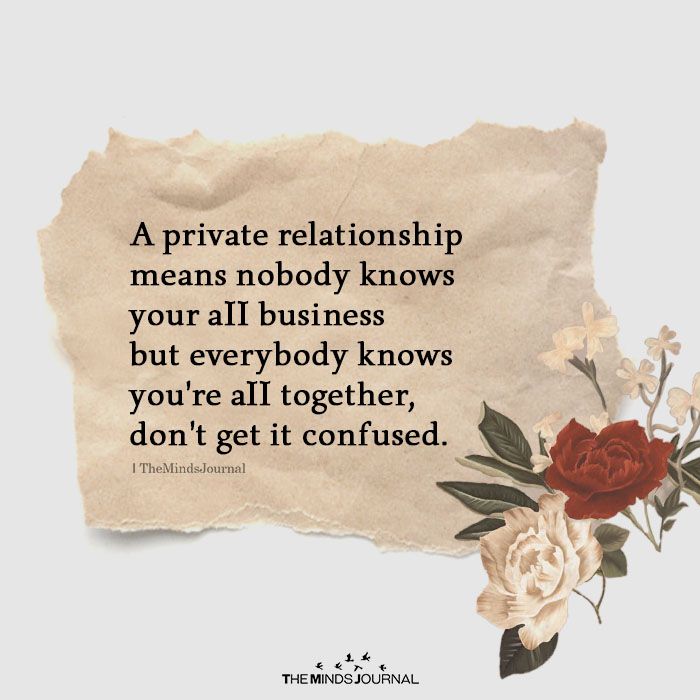 This means getting uncomfortable topics out in the open and sharing your thoughts and feelings.
This means getting uncomfortable topics out in the open and sharing your thoughts and feelings.
If you find yourself constantly suspicious of your mate and feel the need to gather information about their whereabouts with questions like “How long were you gone?” and “Who were you with?” it’s a clear sign that you are insecure in your relationship.
Work on building trust with your mate and creating goals around getting to know yourself better. Your mate cannot take away your insecurities. Only you can.
10. You suspect everyoneIt’s so hard to learn how to handle insecurity in a relationship when you don’t trust anyone.
You suspect your partner is flirting with someone; you ask his friends or co-workers, and they deny it.
Still, you don’t feel satisfied. They do not convince you they are telling the truth.
You soon realize that you suspect your partner, friends, family, and everyone around him.
You hate them for not telling you the truth, but is there something to tell?
What if nothing is going on? What if you’re accusing these people just because of an experience?
Wouldn’t it be unfair to your partner and his peers?
Insecurity can make you believe everyone is conspiring against you. It hurts you, haunts you, and makes you want to dig more.
It hurts you, haunts you, and makes you want to dig more.
As you dig for more information, you go deeper into suspicion and all the other negative feelings that will not help you or your relationship.
11. You doubt your partner’s loyalty“Why am I so insecure in my relationship even though I feel my partner loves me?”
Insecurity in relationships can alter your thoughts. Your partner hasn’t given you any reason to doubt his feelings, yet you don’t feel at ease.
You doubt his every move and think of many scenarios that haven’t happened yet. Then, the pain of imagining those scenarios will build up resentment without basis.
Even without proof, you can’t help but doubt your partner’s loyalty and love for you.
It hurts so much.
You feel that you have loved this person, but heartache and loyalty issues are all you get.
Wait, did something happen yet? Your feelings are legit, but you doubt his loyalty even though he has done nothing yet.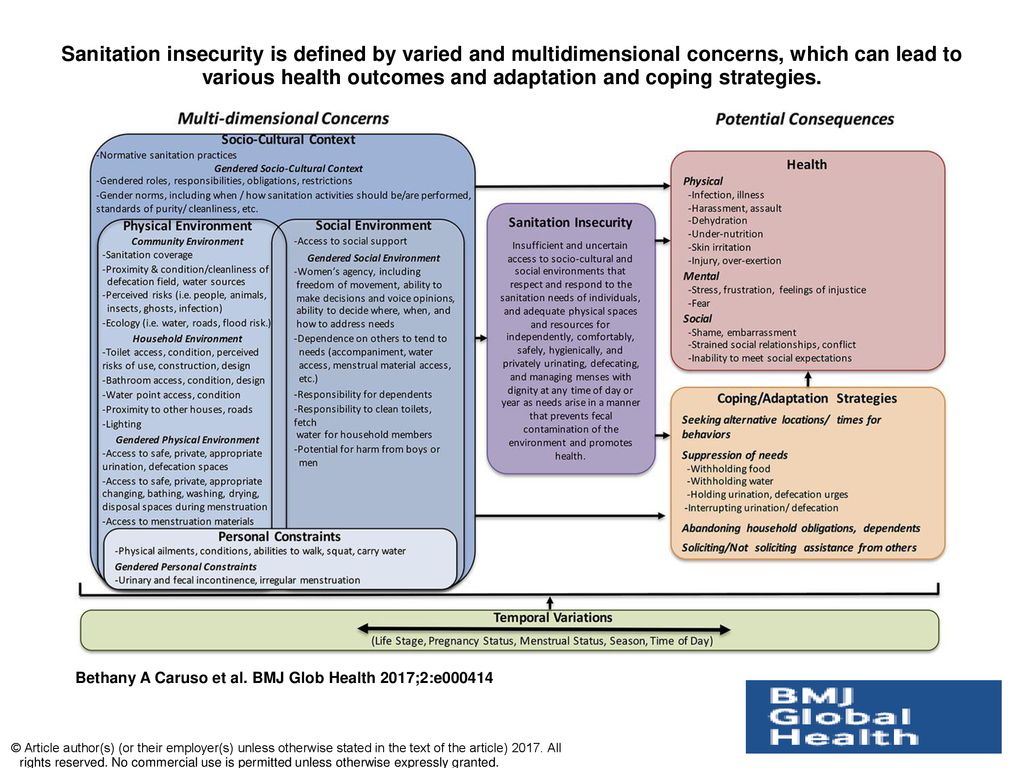
Wouldn’t this be unfair to your partner?
At the start of a relationship, there should be trust. Without it, you won’t go anywhere.
How can you be happy with all these intrusive thoughts? How can you trust if your mind is full of baseless doubts?
If your insecurities stop you from trusting your partner, then it would be difficult for you to become intimate with them, open up, and strengthen your relationship.
You won’t move forward with your relationship if your only focus is distrust, insecurities, and doubts.
Related Reading: What is Loyalty & Its Importance in a Relationship12. There’s always an issue
“Why is it you still talk to your ex? You don’t love me?”
To this, your partner might compromise and block his ex. Then a few days, you decide to check his social media, and one co-worker sends him quotes.
“Are you flirting?”
Again, to prove his love, he ignores her. Again, after some time, you see him busy with his work and always on overtime.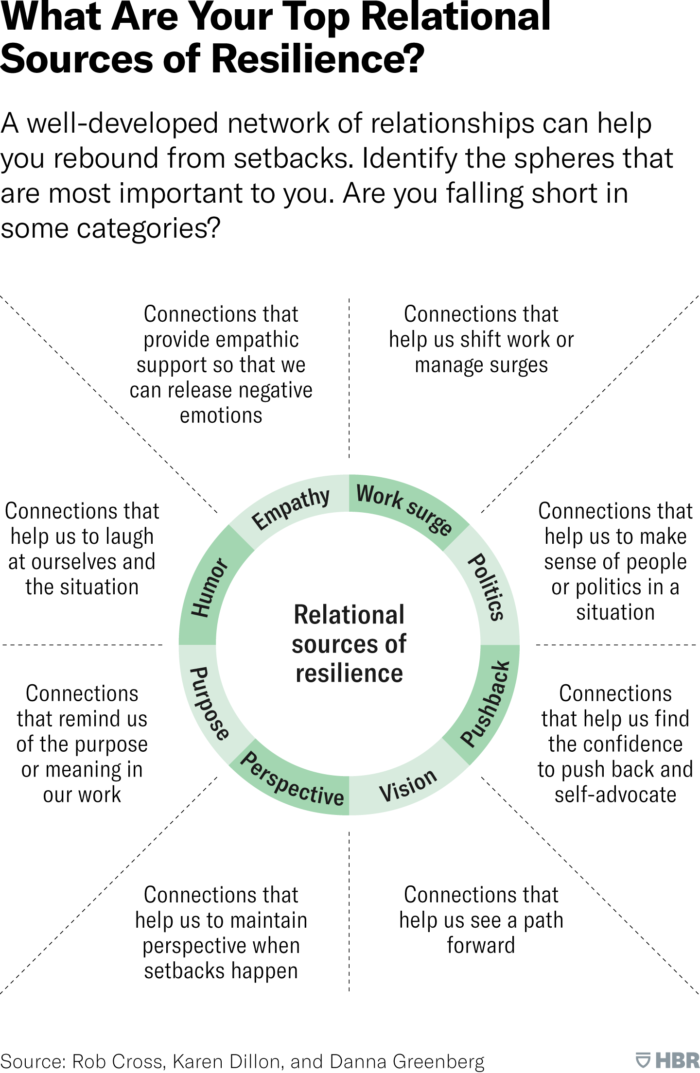
“You no longer have time for me. Are you working or just spending some time with another girl?”
Again, your partner will try to soothe you and explain that it’s work. That he loves you and he won’t lie or hurt you.
For a while, your heart and mind will be at peace. You enjoy the love and affection until the negative feelings cloud your judgment again.
The cycle starts again. Does this sound tiring?
It is because it can drain you. It slowly turns a happy relationship into a toxic one.
If you are insecure, you doubt your partner’s efforts instead of seeing them. There’s always an issue, and your partner’s efforts are never enough.
13. You begin to test himIf an insecure person doesn’t find any proof of cheating, they might develop a scheme just to feel better.
They will start testing their partner’s loyalty by setting up traps.
One can create a fake social media account of a girl she suspects. Adds her partner and tries to flirt. The goal? She wants to see if her partner will flirt back.
The goal? She wants to see if her partner will flirt back.
What happens when he does? Do you break up?
What’s the purpose of these schemes?
Either way, you ruin your relationship. If your partner flirts, you got yourself an issue. If your partner finds out about your schemes, then he might leave you for doing this.
Setting a flirt trap is just one example of how insecure people test their partners. There can be more and more toxic, leaving the other end exhausted.
By putting up all these tests, even if your partner loves you so much, they are bound to realize that their efforts are never enough.
Wouldn’t it be beautiful to trust each other because you are in love?
To give that trust and loyalty to the person you love because they deserve it?
14. You become vulnerable to cheatIf you are insecure and doubtful, you look for affirmation and reassurance, and sometimes, you catch them cheating.
That’s right, how ironic is it to doubt your partner’s loyalty, yet it is the insecure person who’s capable of cheating?
“Maybe I am not good enough as a person or lover.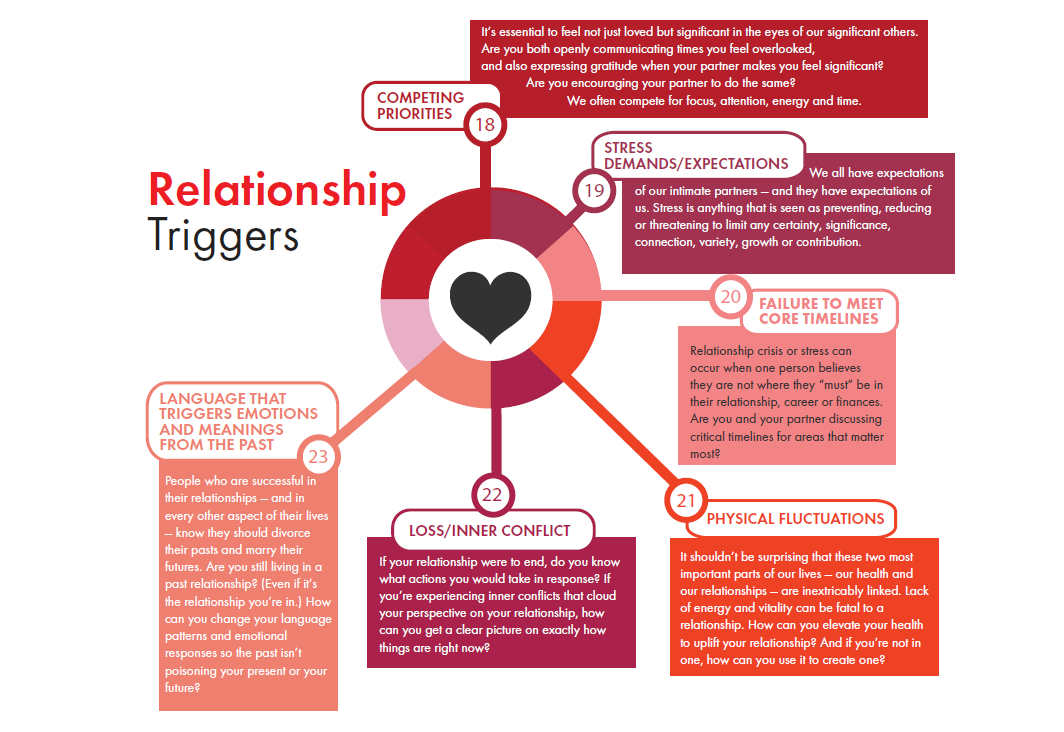 ”
”
These are just some of the intrusive thoughts of someone with insecurities. Some people prey on weak people and assure them they are loved and wanted.
These prey offer intimacy, security, and false promises, and in return, the insecure person seeks security from someone else.
The intensity and thrill of cheating, to an insecure person, would look like attention and love, but what happens next?
You become the person you hate the most.
Everything points to you now, and the insecurities you failed to overcome have won. It’s wreaking havoc not just in your relationship but also in yourself.
Those insecurities, like termites, destroyed not just yourself but your relationship as well.
Related Reading: 16 Powerful Benefits of Vulnerability in Relationships15. You have a hard time with intimacy
Intimacy is beautiful, and it makes any relationship stronger.
There’s emotional intimacy where you can tell your partner anything and everything.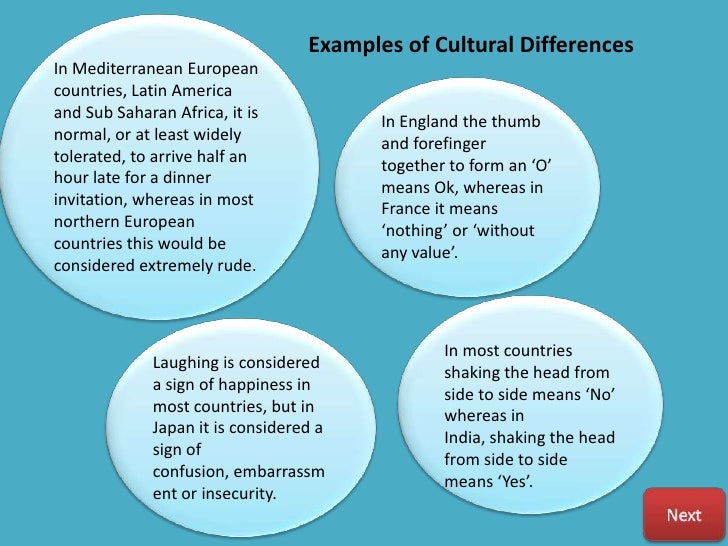 We also know physical intimacy, intellectual, and also spiritual intimacy.
We also know physical intimacy, intellectual, and also spiritual intimacy.
These can strengthen your bond.
For an insecure person, these are hard to develop. If a person is battling insecurities, they will have difficulty getting intimate with their partners.
It’s hard for them to open up because they doubt their partners’ motives.
Even with lovemaking, a person with insecurities won’t be able to get intimate or enjoy the love they should be sharing.
Did you know your partner can feel if you’re not enjoying yourself?
Even when you should bond, enjoy cuddling, and just talking about life won’t appeal to you anymore. Why?
It is because your mind is filled with thoughts, what-ifs, and all other negative emotions.
They can’t be intimate because they fill their minds with negative thoughts. So, how can you achieve the love and relationship that you want and long for if it is you who can’t open up and be intimate?
16. You don’t feel happyBeing insecure in a relationship strips you and your partner of the happiness that you deserve.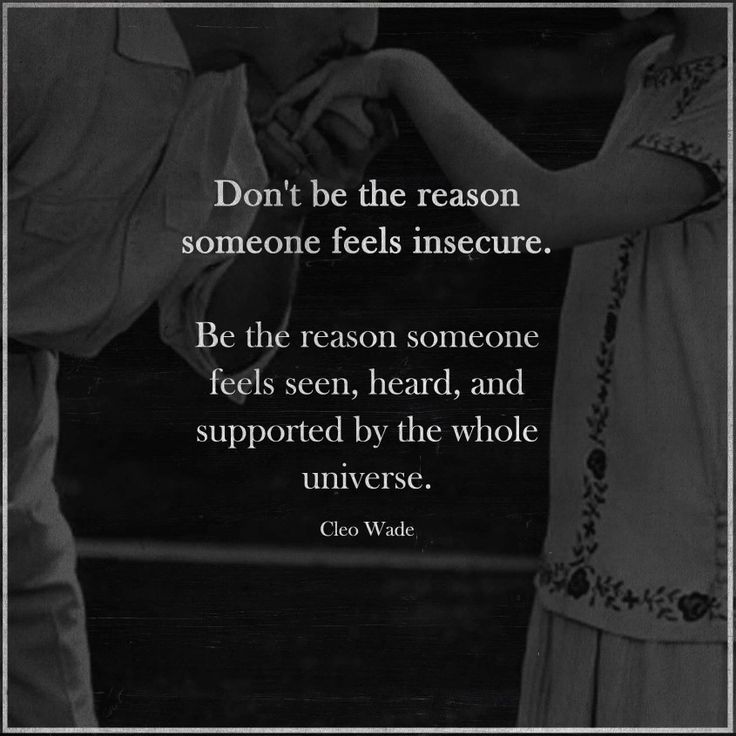
You decide to open your heart and enter a new relationship, yet you can’t give your partner 100% of your love, trust, and loyalty.
The thoughts of insecurities, doubts, and suspicions get the better of you.
How can you be happy with that?
Did you enter the relationship just to feel this way? Aren’t you torturing yourself and your partner with this?
You no longer feel happy because you’re hurting. Do you know why you are hurting so much?
That’s right. You need to analyze why you’re not happy. Deep inside, you know what’s wrong, and you understand how being insecure in love can cause you the person who’s willing to love and protect you.
What if your partner does the same thing to you? What if your partner accuses you of things you didn’t do? How will that make you feel?
You are responsible for your happiness. If you allow insecurity in relationships to run to your head, it will never be enough no matter what your partner does.
Is it possible to overcome insecurities in relationships?Overcoming insecurity in relationships is a lonely battle.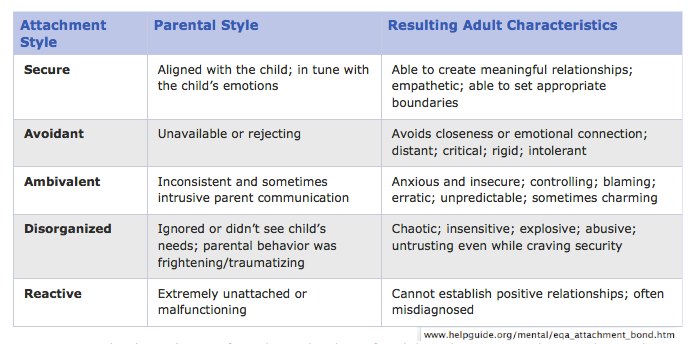 If you want the answer to ‘how to overcome insecurity in a relationship,’ you have to have control over yourself. But if you think you don’t know how to stop being insecure in a relationship and how to get over insecurities in a relationship, then there is help out there. A therapist can guide you on how to deal with insecurities in a relationship and even make you understand the types of insecurities in a relationship.
If you want the answer to ‘how to overcome insecurity in a relationship,’ you have to have control over yourself. But if you think you don’t know how to stop being insecure in a relationship and how to get over insecurities in a relationship, then there is help out there. A therapist can guide you on how to deal with insecurities in a relationship and even make you understand the types of insecurities in a relationship.
To understand how to overcome insecurities in a relationship, it is important to find out what causes insecurity in a relationship. Only then can you learn how to become secure and fulfilled within a relationship.
If you find yourself asking ‘why am I so insecure in my relationship’ and aren’t able to figure this out on your own, you must seek help.
Without knowing how to deal with trust issues and insecurities, you would never be able to have a happy and fulfilling relationship. Relationship paranoia can drive a wedge between a couple. Signs of insecurity in a woman or a man must be spotted to salvage the relationship.
Feeling insecure in a relationship is never easy, and no one is judging you. We all have some battles that we need to overcome.
There is still hope, even if you feel you are already drowning in insecurity in relationships.
If you think you can no longer control your thoughts, talk to someone or seek help from a professional.
Remember that before anyone else can accept and love us, we should love ourselves first.
We all deserve love, and when that time comes, give this person the trust and love they deserve.
5 Ways to Stop Feeling Insecure in Your Relationships
We've all experienced problems in our personal relationships at least once - problems caused by our own insecurities. How to get rid of it? There are 5 reliable ways to do this...
Author Kluber Read 10 min. Views 6.4k. Posted by
When I was younger, I often felt unworthy and not good enough to be a friend, loved one, or, say, a business partner of certain people.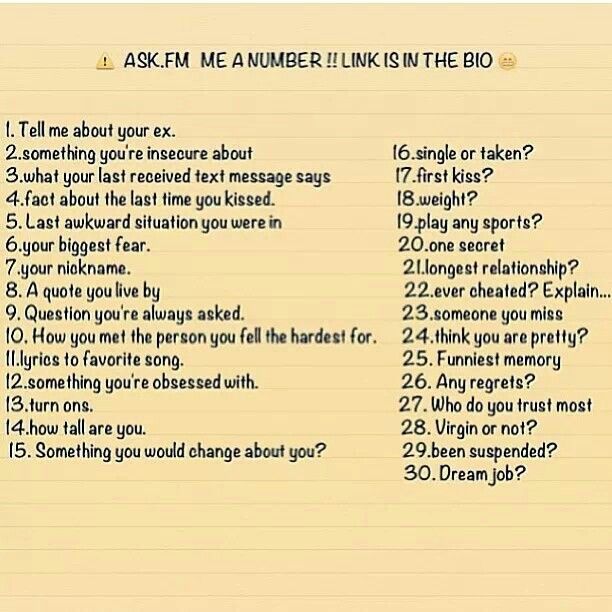 Sometimes my self-doubt reached such an extent that I simply could not understand how other people saw something good in me. And it did not affect my life in the best way.
Sometimes my self-doubt reached such an extent that I simply could not understand how other people saw something good in me. And it did not affect my life in the best way.
My lack of self-confidence has led to the fact that I, on my own basis, broke off many quite, as I now understand, normal personal relationships. Then it seemed to me that it was better to be the first to break off this relationship, without waiting for me to be abandoned. I justified myself in front of myself by the fact that the pain of parting in any case is weaker than the pain of a broken heart, and they will certainly break it for me. But over time, as I became much more mature emotionally, I realized that I needed the comfort and support of a long-term relationship.
Are you wondering what I did then, and what you can do if self-doubt harms your relationships with loved ones?
You must understand that a good relationship is about sharing ideas, impressions and pleasant moments with a partner, and helping each other achieve what you want - both together and one by one.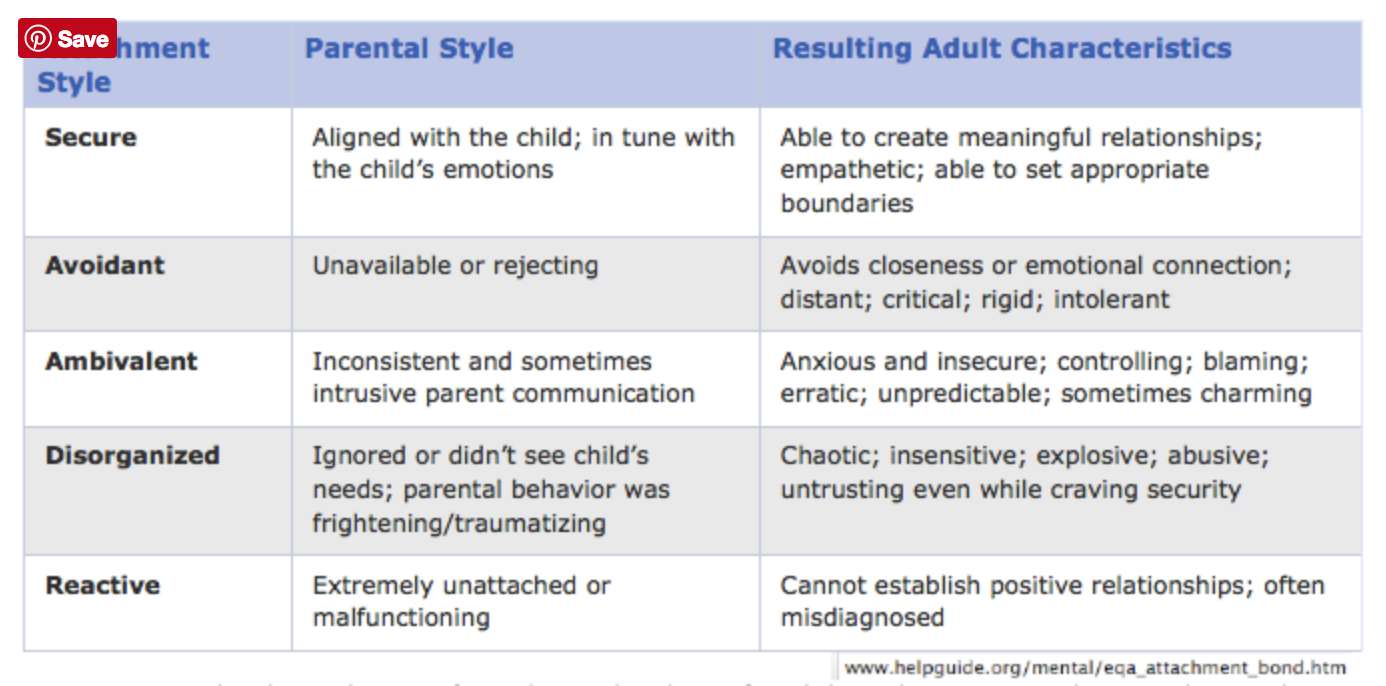 If your partner really treats you badly, lies openly to you, or deceives you in some other way, then you really have reason to feel out of place. But if you are already in a perfectly good and pleasant relationship with someone with whom you feel good, then it's time ...
If your partner really treats you badly, lies openly to you, or deceives you in some other way, then you really have reason to feel out of place. But if you are already in a perfectly good and pleasant relationship with someone with whom you feel good, then it's time ...
1. Stop trying to read other people's minds.
Most relationship problems and associated social anxiety begin with a lack of open communication, which in turn leads to attempts to read each other's minds. And while telepathy remains unconfirmed by mainstream science, a lot of people still try to read other people's minds - mostly assuming they know what they're thinking even when they're not. And this process of inventing and guessing other people's thoughts at full speed leads you to a feeling of insecurity in yourself and your partner and severe stress.
If someone says one thing to you, don't immediately assume they meant something else. If he does not tell you anything at all, do not assume that there is some hidden negative meaning in his silence .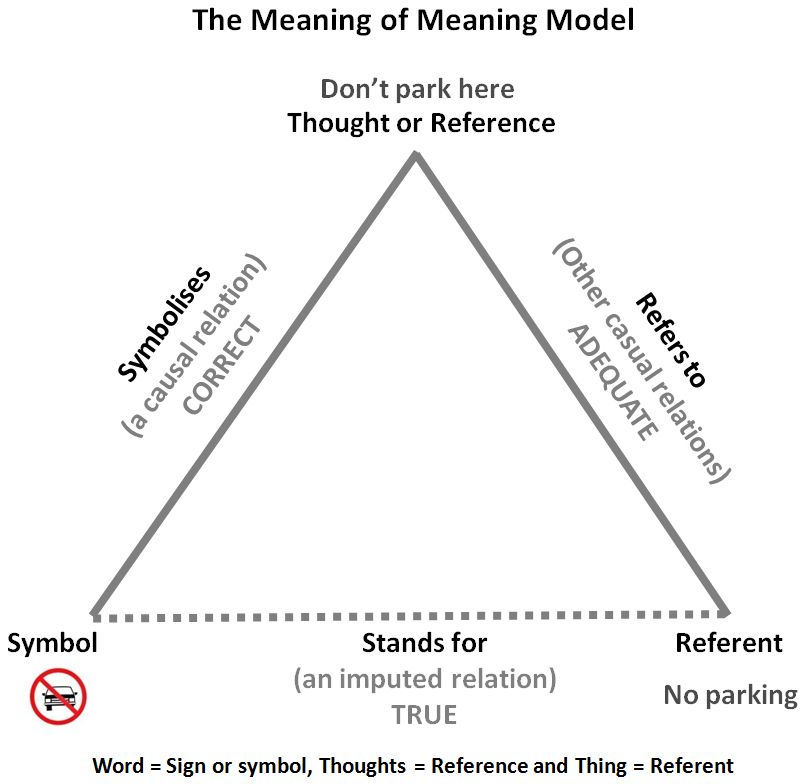 And don't make other people try to guess your thoughts. Say what you think and think what to say. Try to give close people all the information they need, without expecting that they will already know what they cannot know for sure.
And don't make other people try to guess your thoughts. Say what you think and think what to say. Try to give close people all the information they need, without expecting that they will already know what they cannot know for sure.
Also remember that you do not have the right to know about every thought in the mind of other people, even if they are close to you like no one else. When you stop trying to read their minds, you will begin to respect their right to privacy - and personal thoughts. If you constantly ask your partner, “Tell me what you think?”, you can drive him to the point where he will actually leave you. Just to get you out of your personal space.
2. Stop trying to find the perfect personal relationship.
You will spend the rest of your life looking for the right partner and the right friends if you expect them to be perfect and infallible. Moreover, such searches are quite capable of driving you to semi-madness, since with each unsuccessful relationship that does not correspond to your fantasies of ideal perfection, you will feel more and more out of place, and insecure about yourself.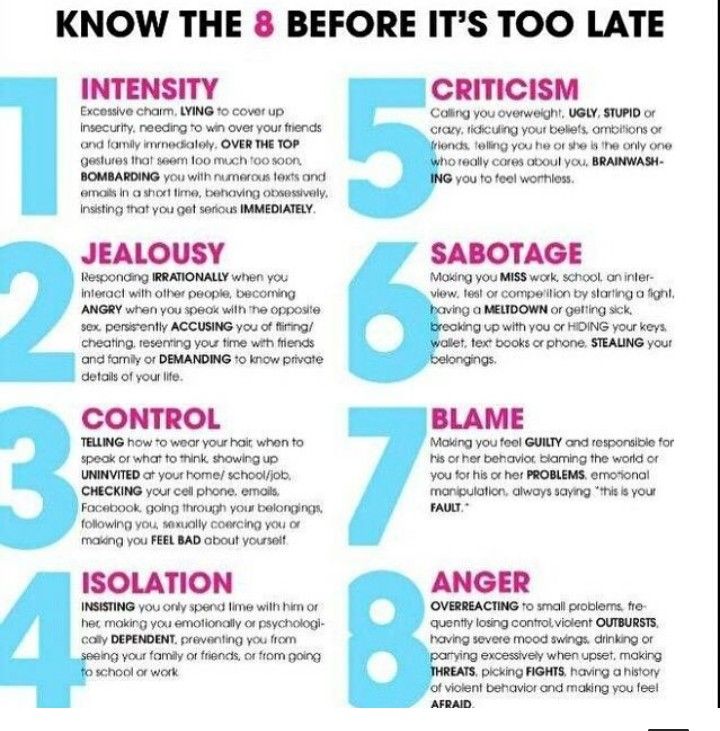
We are all looking for those very special, one and only people in the world who would be the perfect match for us, but as we go through enough personal relationships, we begin to understand that people who are perfect for us simply do not exists, and all of them, at least in some way, are imperfect. All because all people, all without exception, are imperfect in some way. By the way, you are also no exception, and therefore you should look not for perfect people, but for those who are able to complement your imperfection (and you - them).
You need to become a truly adult and accumulate a lot of life experience in order to really become yourself and realize all your imperfection. And only when you fully realize and accept your imperfection and all your shortcomings - which, no less than your strengths, determine who you are - will you be able to choose with a clear head people who are really capable of harmonious personal relationships.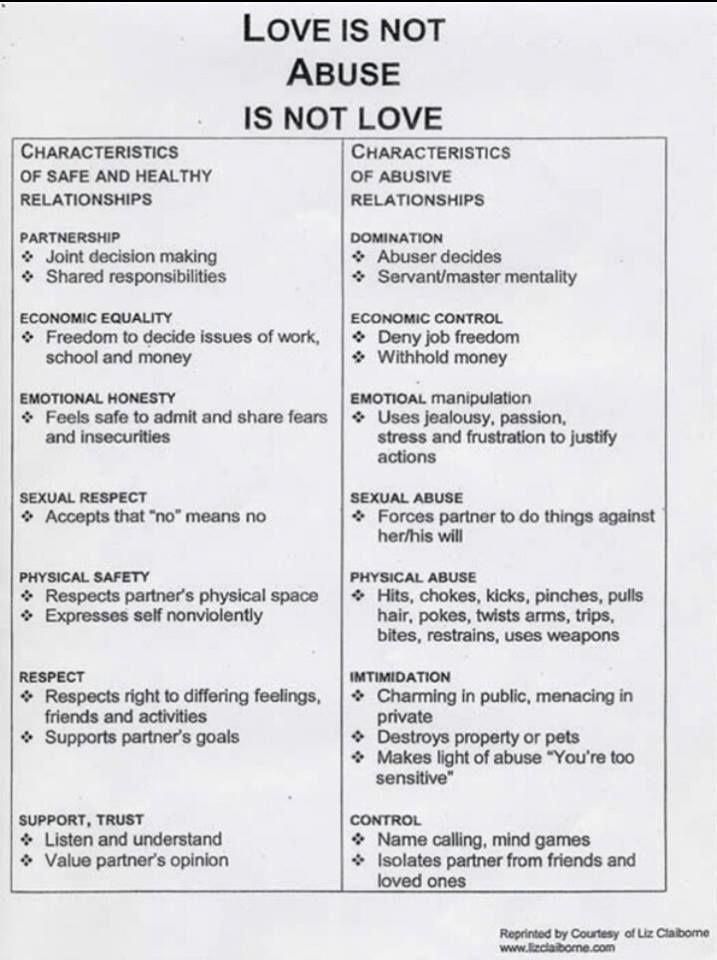 Only then will you truly understand who you are looking for. You are looking for an imperfect person who fits you like a glove fits your hand. Your own perfect imperfection.
Only then will you truly understand who you are looking for. You are looking for an imperfect person who fits you like a glove fits your hand. Your own perfect imperfection.
3. Stop judging current personal relationships by past experience.
Think of all the times you've had a completely false impression of someone just because they reminded you of someone from your past with whom you didn't get along. Unfortunately, many people behave this way all their lives, transferring the experience of unsuccessful personal relationships to those that could become quite successful. We could. Just because they were once in a relationship with a bully, a liar or a strawberry lover on the side, they bristle like a hedgehog with needles at anyone who tries to get close to them, even if this person is kind, honest and ready to idolize them .
If you try again and again to build a building of new personal relationships from stones picked up from the ruins of old ones, sooner or later you will find in the new building all those cracks and warps that caused them to fall apart.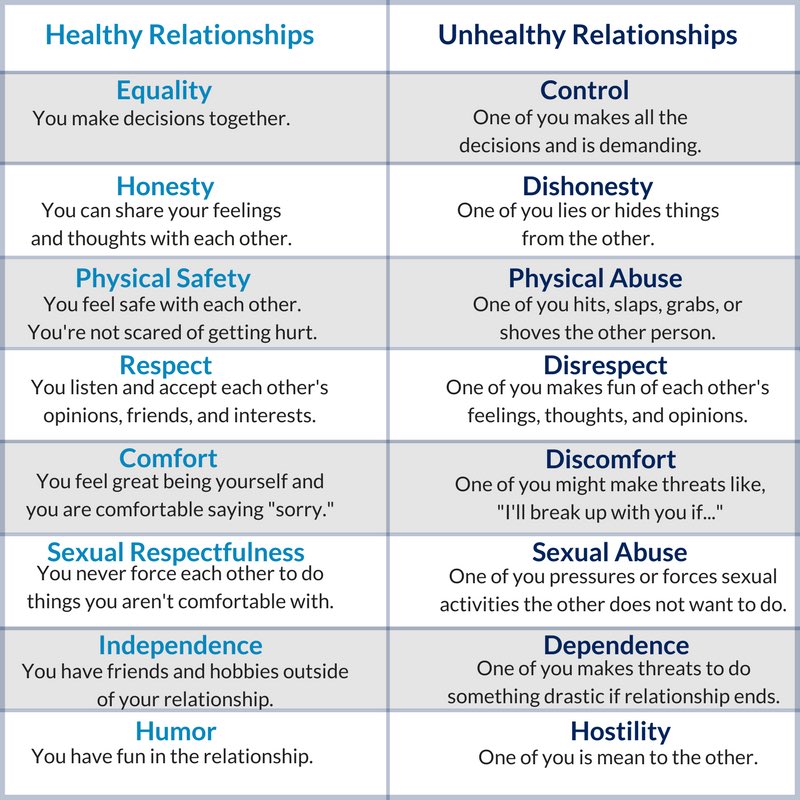 So if you suspect yourself of drawing undeserving parallels between your current relationship and negative relationships from the past, stop for a second, take a deep breath, and try to consciously remember everything that went wrong in the old, negative relationship, and how it differs from your current relationship. This little exercise will allow you to throw aside all the old, mossy bricks of the past, and remind yourself that the pain of the past does not mean that this time everything will turn out the same.
So if you suspect yourself of drawing undeserving parallels between your current relationship and negative relationships from the past, stop for a second, take a deep breath, and try to consciously remember everything that went wrong in the old, negative relationship, and how it differs from your current relationship. This little exercise will allow you to throw aside all the old, mossy bricks of the past, and remind yourself that the pain of the past does not mean that this time everything will turn out the same.
4. Stop inventing problems that don't exist.
Inventing problems for ourselves and believing in their reality, we embark on a path that leads to self-destruction. All too often, we inflate ourselves with troubling predictions, deceive ourselves with negative thinking, and tremble in fear, imagining who knows what in the darkest light. The only thing we do not notice in such a state is the truth.
When you start inventing problems for your relationships, sooner or later they start to become reality.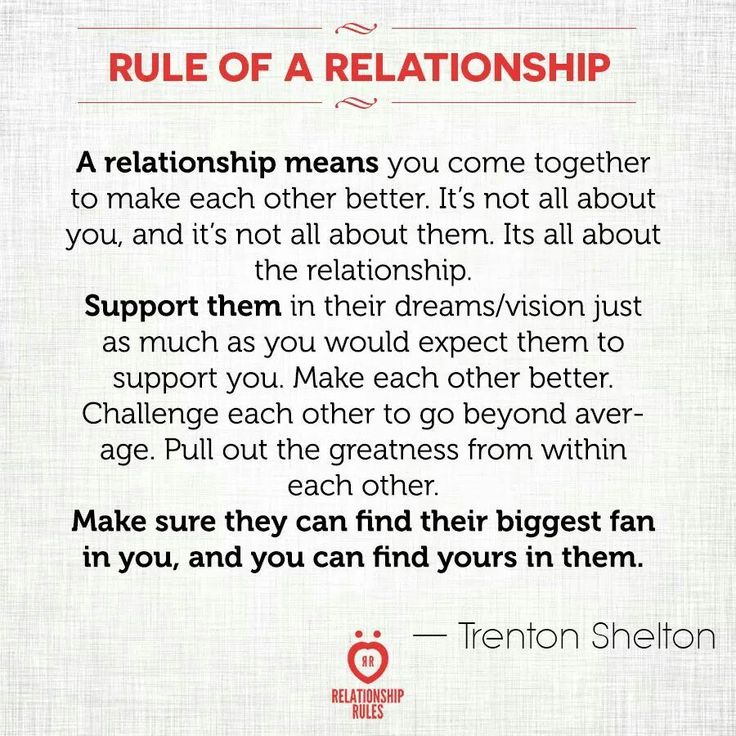 Often the reason for this is self-doubt. If you constantly doubt yourself and do not understand that you are really capable of anything, you will at the first opportunity throw the responsibility of caring for you on other people, and your insecurity will grow and weigh until it crushes you and those who are close to you.
Often the reason for this is self-doubt. If you constantly doubt yourself and do not understand that you are really capable of anything, you will at the first opportunity throw the responsibility of caring for you on other people, and your insecurity will grow and weigh until it crushes you and those who are close to you.
If the passenger does not trust anyone in the car, then even if he himself does not know how to drive, he will not trust anyone to drive, because this way he will feel out of control. And even if it does, it won't end well. It will constantly seem to him that this person is driving inattentively, and each turn of the steering wheel or pressing the brakes only for a second removes him from the inevitable collision. And they intimidate themselves even more, convinced that the horrors that they imagined to themselves have something to do with reality.
You need to understand once and for all that this is a perfectly normal part of any relationship.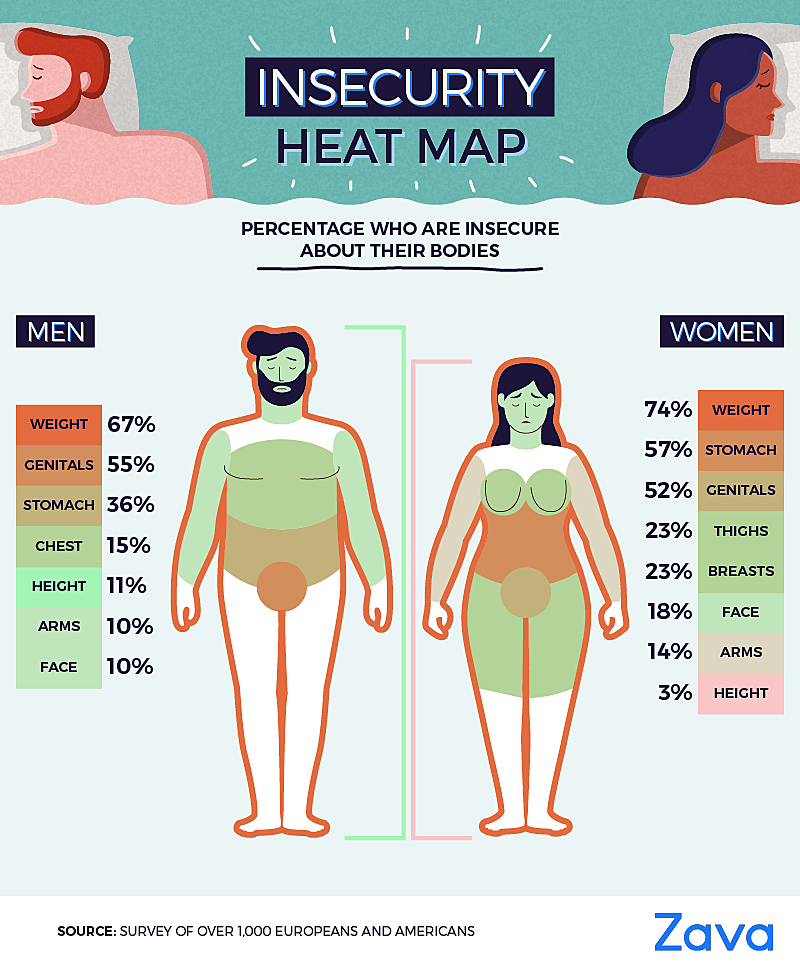 Every relationship has its ups and downs, its moments of passion and intimacy, and its moments of friction and disagreement. These ups and downs are completely normal and natural. And to wish that only intimacy and care surrounded you always and at any moment is the same as demanding that in the car of your relationship everyone should be only passengers, and no one should be distracted by actually driving it. The car in such a situation will simply remain in place and will not go anywhere - the same will happen with your relationship.
Every relationship has its ups and downs, its moments of passion and intimacy, and its moments of friction and disagreement. These ups and downs are completely normal and natural. And to wish that only intimacy and care surrounded you always and at any moment is the same as demanding that in the car of your relationship everyone should be only passengers, and no one should be distracted by actually driving it. The car in such a situation will simply remain in place and will not go anywhere - the same will happen with your relationship.
The next time you feel uncomfortable, unsafe or trapped and find yourself filling your life with stress because of problems that don't exist, stop yourself and take a deep breath. And then tell yourself, "The problem I'm so worried about exists only in my head." Distinguishing the product of your imagination from what is really happening to you can be a really important step towards gaining self-confidence.
5.
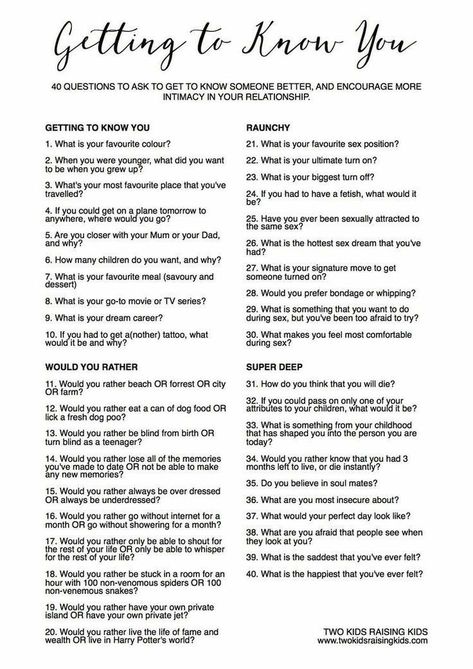 Stop dwelling on the negative.
Stop dwelling on the negative. Ideal relationships are like unicorns and fairy fairies, in the sense that they can only be seen in books. And even if your relationship seems perfect to you right now, it won't always stay that way. But imperfect and imperfect relationships - on the contrary, they are real and beautiful. The more two close people accept each other for who they are, and the less intolerance and excessive expectations they show, the happier they are. It's simple. It's how two people accept and deal with each other's imperfections that makes it perfect...or doesn't.
Of course, this does not mean at all that you should accept into your life everyone who is ready to accept you, even if this person is completely unsuitable for you. But this means that despite the difficulties that arise from time to time in your relationship, you should not immediately come to the conclusion that this relationship is bad. After all, this can have such a negative impact on you that in the end it will lead to a break in the relationship, or to the fact that your partner will begin to doubt your intentions.
No relationship works perfectly and smoothly 100% of the time. And if you are too uncompromising about the quality and condition of your personal relationships, you yourself will create problems for yourself. Yes, there will always be some problems and difficulties on your life path, but this should not prevent you from noticing the good - the good, which will always be more. Insecure people are always looking for signs in their personal relationships that something is missing in them, but I advise you to look for the exact opposite - signs of what is enough in them, and which, thanks to your efforts, can become even more.
When you begin to truly appreciate how wonderful the person you decide to connect your life with is, it will set you on the very right path in life - the path to something wonderful, bright and peaceful. So notice his strengths, rejoice in his victories, help him achieve his chosen goals and realize what he wants.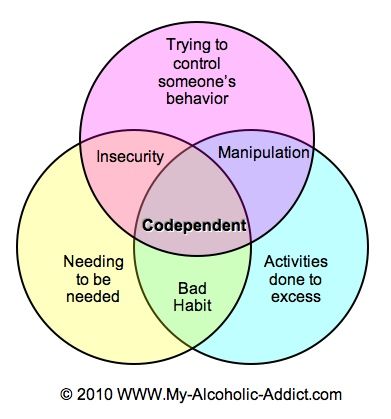 Help him bring out the best in him. And every day, remind him how wonderful he is.
Help him bring out the best in him. And every day, remind him how wonderful he is.
And now it's your turn...
What problems have you had to face in your personal relationships? When you look at your personal relationships, what makes you feel insecure about yourself? Now think about how to fix it ...
Translation of the article - 5 Ways to Stop Feeling Insecure in Your Relationships via Kluber in public as a sophisticated form of torture, a stalled career, a sense of anxiety about the present and timidity before the new - all these are consequences of self-doubt. We talk about the causes and ways to overcome it
What is self-doubt
Self-doubt is a subjective feeling of doubt about one's abilities and potential for success in various areas of life. By and large, self-doubt is the fear of being yourself, which grows out of doubts about your competence.
Self-doubt goes hand in hand with low self-esteem, but there is a difference between the two. Uncertainty manifests itself pointwise and refers to how confident a person is in their qualifications in various areas of life: work, personal relationships, and so on. Self-esteem is a complex concept, a global opinion about oneself as a person. Personal insecurity, if a person experiences it regularly, strikes blow after blow to self-esteem, and in the end can greatly shake it.
Uncertainty manifests itself pointwise and refers to how confident a person is in their qualifications in various areas of life: work, personal relationships, and so on. Self-esteem is a complex concept, a global opinion about oneself as a person. Personal insecurity, if a person experiences it regularly, strikes blow after blow to self-esteem, and in the end can greatly shake it.
Self-doubt is often confused with introversion . An introvert is a personality type proposed by the Swiss psychiatrist Carl Jung to characterize people who direct life energy inwards. They prefer to think apart from the outside world, with immersion in the inner. But introversion is not necessarily a marker, much less a synonym for insecurity. The German psychiatrist Karl Leonhard saw strength in this individualism. According to his interpretation, the introvert has its own clear values, is not afraid to oppose itself to the environment, unlike the extrovert, whom Leonhard calls a conformist, susceptible to outside influence.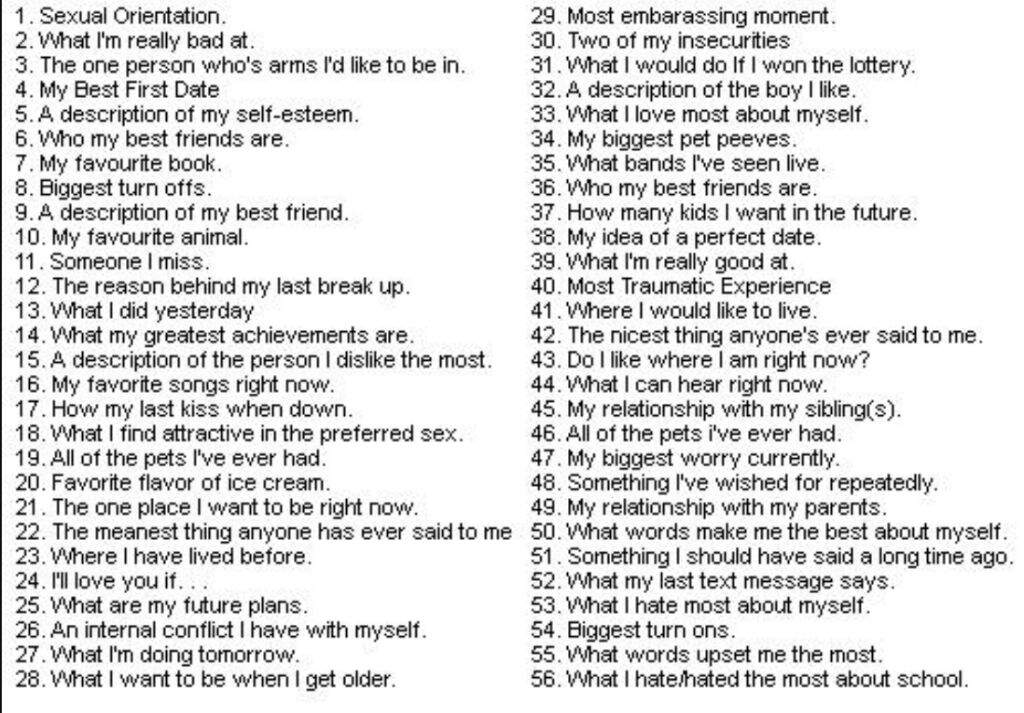
Another phenomenon that is sometimes confused with self-doubt is social phobia . Social phobia is included in the International Classification of Diseases and is an anxiety disorder. Affected people are afraid of attention from other people, public spaces and large companies - sometimes to the point of panic attacks, and therefore avoid social situations. Social phobia is a medical diagnosis that can be treated.
People who experience self-doubt tend to think that they have got a rare unfortunate ticket to this state. This is not so: everyone experiences this feeling in different life situations. It's natural to doubt yourself when you start a new endeavor or in a highly competitive environment. But sometimes insecurity becomes chronic and reduces the quality of life. According to Yulia Anpilogova, a psychologist and psychotherapist, a member of the All-Russian Professional Psychotherapeutic League, self-doubt, as a main or accompanying problem, is present in almost all appeals to a psychologist: “People who are capable of reflection or self-reflection are people of a certain order of organization of the psyche, who are in doubt.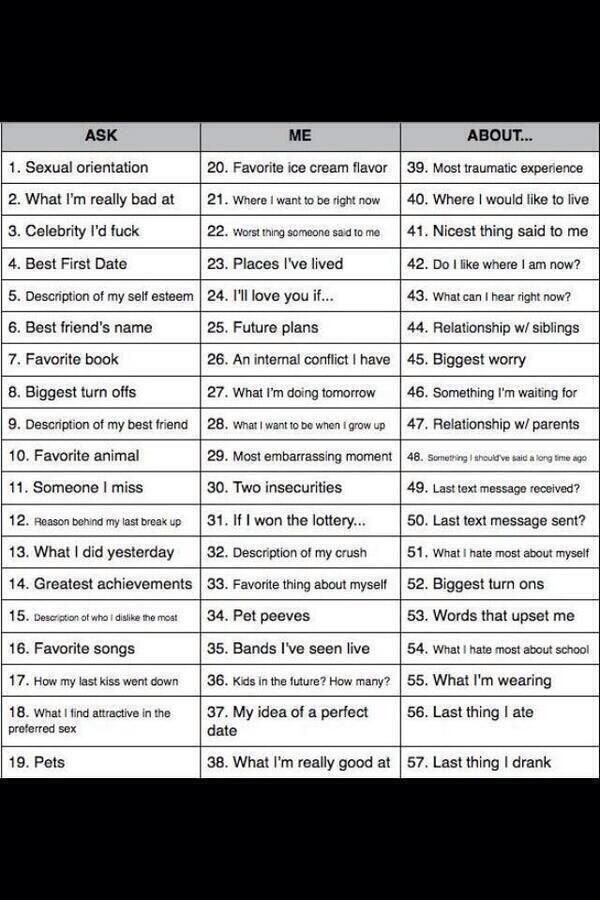 To doubt oneself for such a person is one of the steps, one of the forms of doubt.
To doubt oneself for such a person is one of the steps, one of the forms of doubt.
Signs of self-doubt
Every person who has experienced self-doubt has experienced the accompanying emotions, thoughts and bodily reactions.
External (bodily) signs
- Rapid heartbeat, redness or pallor of the face, uneven breathing when talking.
- Confused speech, a person chatters and loses the thread of the story, jerky movements - a conversational sprint, just to finish the speech faster.
- Stooping, hunched figure, unconscious desire to take up less space and be less noticeable.
- The phrases “I suppose”, “it seems to me” - the person seems to be apologizing for being in his place.
Internal (mental, behavioral)
- Comparison of oneself with others - in a person who is not confident in himself, it almost always turns out to be not in his favor.
- The inability to say "no" - it is easier for a person to agree to work that is a burden to him than to refuse.
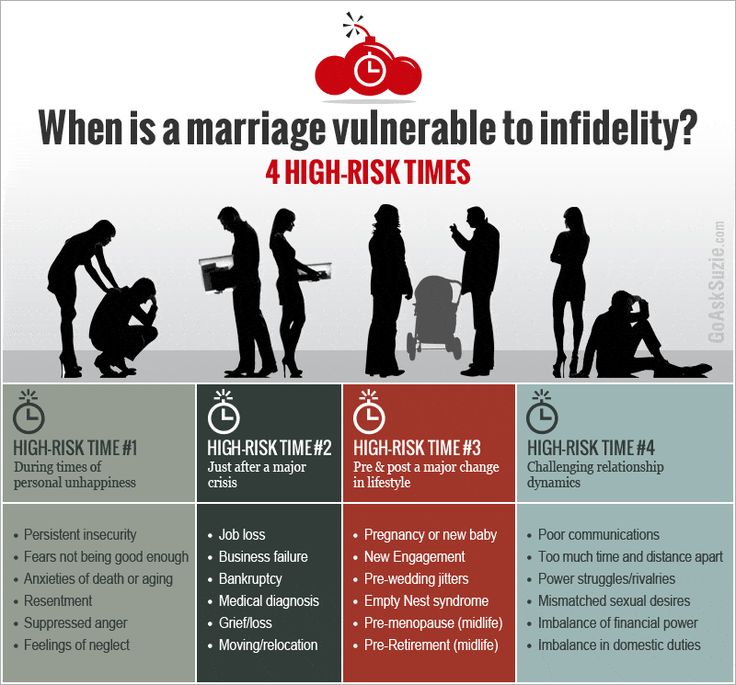
- Downplaying one's merits, inability to accept compliments.
- Shifting responsibility for one's life to circumstances or other people.
- Avoidance of initiative and responsibility.
- Arrogance, which serves as a defense mechanism - it helps to reject others before they could reject a person.
- Perfectionism - sometimes insecurity is well disguised, but still gives itself away in the eternal pursuit of unattainable perfection and hypercontrol.
Photo: Unsplash
How self-doubt arises
The very first environment in a person's life, family and school, has a great influence. Among the causes rooted in childhood are:
-
Parental strategies : emotional deprivation from parents, prohibitions and restrictions, excessive criticism or overprotection.
- Copying stereotypes of behavior that a child observes around him: according to the theory of the American psychologist Albert Bandura, parents' self-doubt is often inherited.

- School bullying : peers are quite tough in their assessments and judgments.
- Learned helplessness : psychologist Martin Seligman believed that weak skills in controlling the outside world may arise due to insufficient development of the “action-consequence” link, which is often observed in children from orphanages.
But uncertainty can develop at any age. According to clinical psychologist and psychotherapist Yulia Khvorova, when people grow up, they come across various microgroups, and sometimes in a group relevant to a person, they face criticism. An authority may also appear that seems to a person more successful - this can also lay down self-doubt. The danger zone here is excessive parental approval in childhood: it plays a disservice when confronted with the real world.
Yulia Anpilogova adds that our “I” is most vulnerable in moments of crisis: “An earthquake happened, the walls fell down, and what was our support disappears, and the new one is not yet built.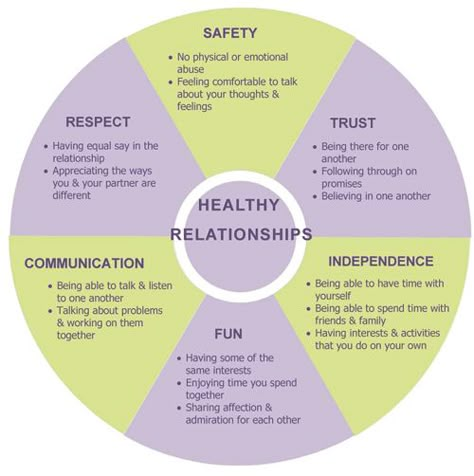 In this period of timelessness, it is difficult to be sure of anything. We are reborn many times in a lifetime, we go through this cycle of destruction-resurrection in a new quality. And this restoration is always accompanied by uncertainty, because what is being built is still very fragile.”
In this period of timelessness, it is difficult to be sure of anything. We are reborn many times in a lifetime, we go through this cycle of destruction-resurrection in a new quality. And this restoration is always accompanied by uncertainty, because what is being built is still very fragile.”
How self-doubt affects life
Block for career ambitions
Insecure people do not ask for a pay rise, do not express their ideas, even innovative and breakthrough ones, for fear of being misunderstood or rejected. They do not take the financial risks associated with investments, depriving themselves of the opportunity to earn more. They are also afraid to change unloved jobs and to undergo interviews. All this further fuels the uncertainty.
In career terms, self-doubt in some cases turns into impostor syndrome, when a person, having nevertheless taken a step forward and achieved success, stumbles upon a new fear. Here he no longer thinks that he will not be able to reach some goal.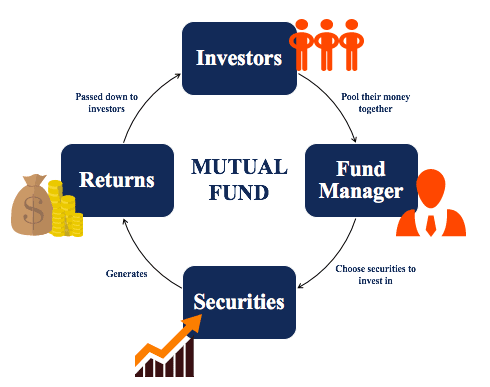 Now, having achieved it, he begins to consider his success as an accident and does not recognize his personal contribution to it. He is overcome by the fear of not holding on and not justifying new hopes. Psychologists believe that the mechanisms of formation of these two phenomena are similar.
Now, having achieved it, he begins to consider his success as an accident and does not recognize his personal contribution to it. He is overcome by the fear of not holding on and not justifying new hopes. Psychologists believe that the mechanisms of formation of these two phenomena are similar.
At the same time, it is a mistake to assume that self-doubt and, moreover, the impostor syndrome, are inherent only to “mere mortals”. Famous people also face them, and not only at the beginning of their journey. Natalie Portman, speaking in 2015 to Harvard students as an honorary graduate, told them that she did not realize her achievements: “12 years after my graduation, I must admit that I still do not feel my own worth. I have to remind myself that I'm here for a reason. Today I feel exactly the same as when I first started at Harvard at 19.99 year. Then it seemed to me that there was some kind of mistake - I'm not smart enough to be here, and every time I opened my mouth, I had to prove that I was not just a stupid actress.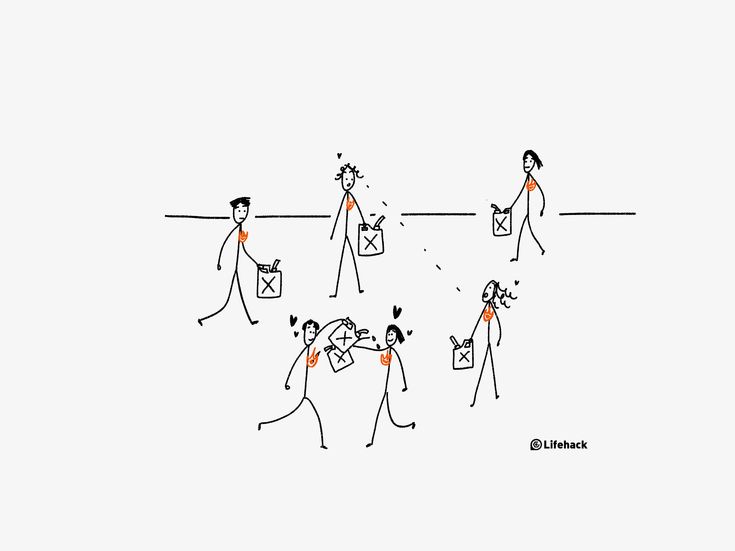 Sometimes insecurity and inexperience can cause you to strive for the standards and expectations imposed by other people. But you can use your lack of experience to forge your own path—one that is not dictated by others, but determined by you.”
Sometimes insecurity and inexperience can cause you to strive for the standards and expectations imposed by other people. But you can use your lack of experience to forge your own path—one that is not dictated by others, but determined by you.”
American writer and Pulitzer Prize winner John Steinbeck wrote in his diary: “I am not a writer. I deceive myself and others." After finishing work on the novel "The Grapes of Wrath", which won him the award, he said: "Sometimes I think that I did something worthwhile, but when the work is finished, it turns into mediocrity."
Michelangelo and Leonardo Da Vinci doubted their abilities. The latter is credited with the phrase "Tell me, did I manage to do at least something?" Vincent van Gogh, according to contemporaries, suffered from permanent self-doubt, but once said: “If you hear a voice inside yourself telling you that you cannot draw, do it by any means, and the voice will be silent.”
Problems in personal relationships
Uncertainty in personal life is manifested in the fact that a person questions his ability to please someone. At the start of a new relationship, he may experience fear that the person next to him will “notice” his shortcomings and be disappointed. In the existing relationship, this is an infringement of one's needs, because it will be more convenient for someone, jealousy, and sometimes an endless shifting of one's anxieties and doubts to a partner.
At the start of a new relationship, he may experience fear that the person next to him will “notice” his shortcomings and be disappointed. In the existing relationship, this is an infringement of one's needs, because it will be more convenient for someone, jealousy, and sometimes an endless shifting of one's anxieties and doubts to a partner.
Photo: Unsplash
How to overcome self-doubt
According to Yulia Khvorova, self-doubt is a reversible process if you start working with it. Obsessive thoughts about one's own inadequacy must be compensated by new positive attitudes and thinking techniques. At the same time, getting rid of uncertainty does not go away in a couple of weeks - this is a long work. Khvorova suggests the following steps:
- Formulate and write down your positive qualities and strengths, without touching on achievements . This is necessary for the formation of a person's understanding that he has something to love for, regardless of achievements.
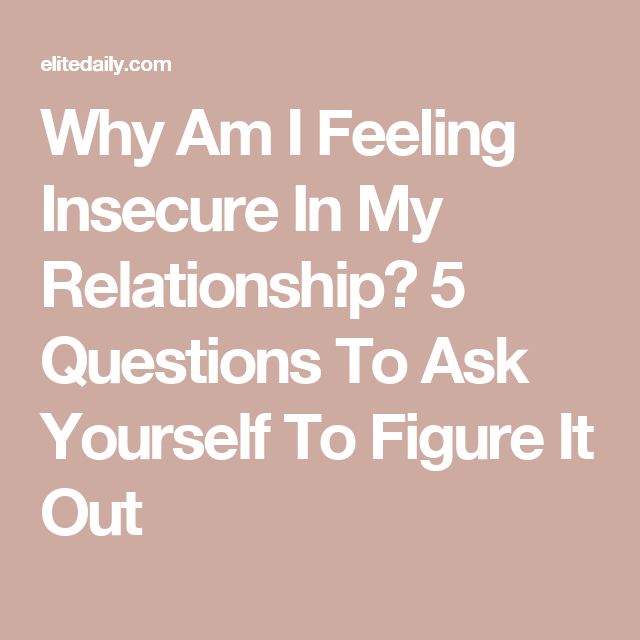
- Swap self-criticism for self-validation. When a person is not self-confident, he is more sensitive to mistakes and failures, sometimes imaginary. Validation is normalization: you need to remind yourself that all people make mistakes, this is normal and appropriate. Self-criticism in this case is a useless thing that does not help in any way, only throws up a bunch of thoughts “why I am bad”, but not a single one about how to become better.
- Replace the concept of "error" with the phrase "growth zone": lack of experience or skill - this is not a reason to self-flagellate, because I discovered my growth zone and, therefore, I can work on it.
- Don't be self-centered. Insecure people are often very egocentric in looking for reasons for failure. In fact, it does not happen that the whole situation goes to dust just because of one person. It is necessary to force thinking not to follow the trodden path of searching for the guilty one in oneself, but to look wider.
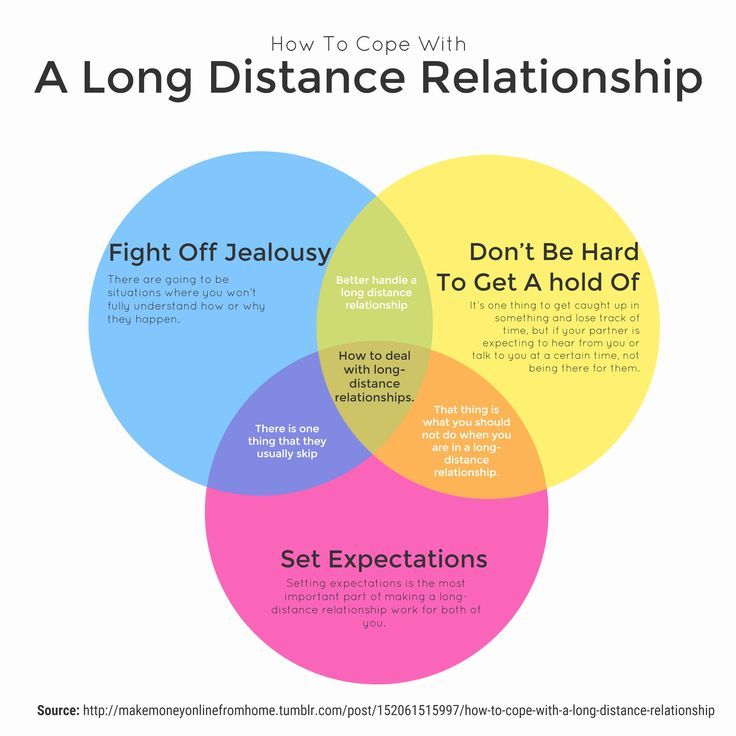
- Experiment. People with self-doubt often avoid trying things out of fear they won't succeed. But when a person refuses to perform an action, he absolutely receives reinforcement for his insecurity, because he remains there. Trying is always 50/50. If it is successful, this may be the first sprout of confidence.
- Write down achievements and praise yourself. This is an advanced level. Insecure people tend to underestimate their accomplishments. You should focus on the moments when something works out, and praise yourself, inspire yourself with the idea that this success is not an accident, but the result of the efforts made.
- Give yourself time. Uncertainty did not appear in a day, a week or a month, it was formed and consolidated over the years. To fix a new way of thinking, you also need to painstakingly create a habit. It is important to be persistent in applying the described techniques regularly, and not expect quick results.
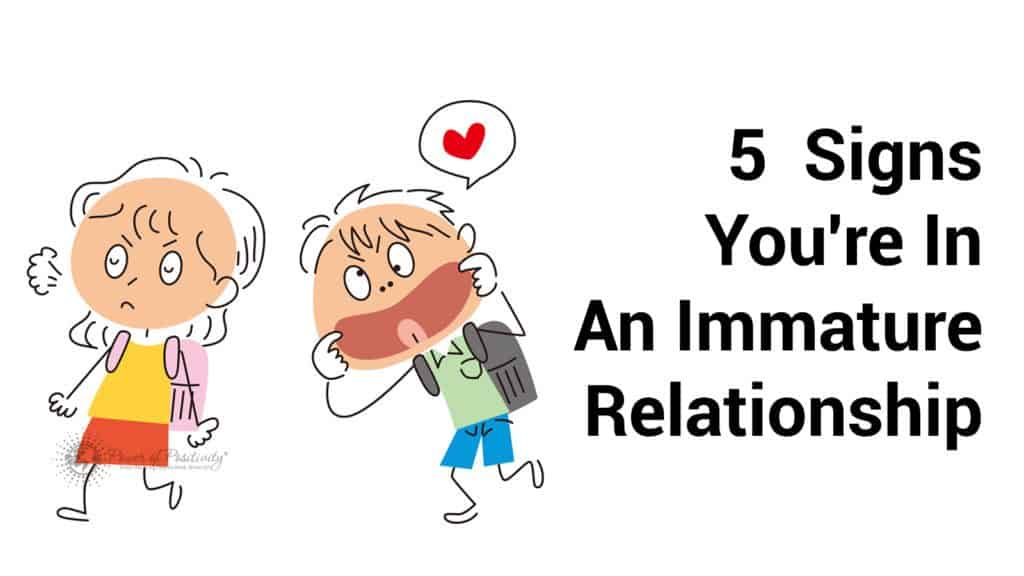
- Don't focus on the bad. Don't think that if something doesn't work, nothing will work at all.
- Pay attention to the body. The human brain directly correlates with the body: it sends signals to it and collects information from it. The more a person reflects and maintains an uncertain posture, the deeper one can get stuck in this state. It makes sense to go from the opposite and work on posture, self-presentation and voice. The sooner you can get out of the pose of uncertainty, the easier it will be to let go of this feeling. Acting, singing or dancing courses can help with this.
When to seek professional help
According to Khvorova, one should definitely seek professional help when self-doubt begins to affect a person's life and blocks his personal and professional development. Yulia Anpilogova also lists the loss of healthy criticism as a reason — when a person’s self-image is totally at odds with the opinion of the environment: “In this case, it’s worth admitting that maybe not you are right, but everyone around.